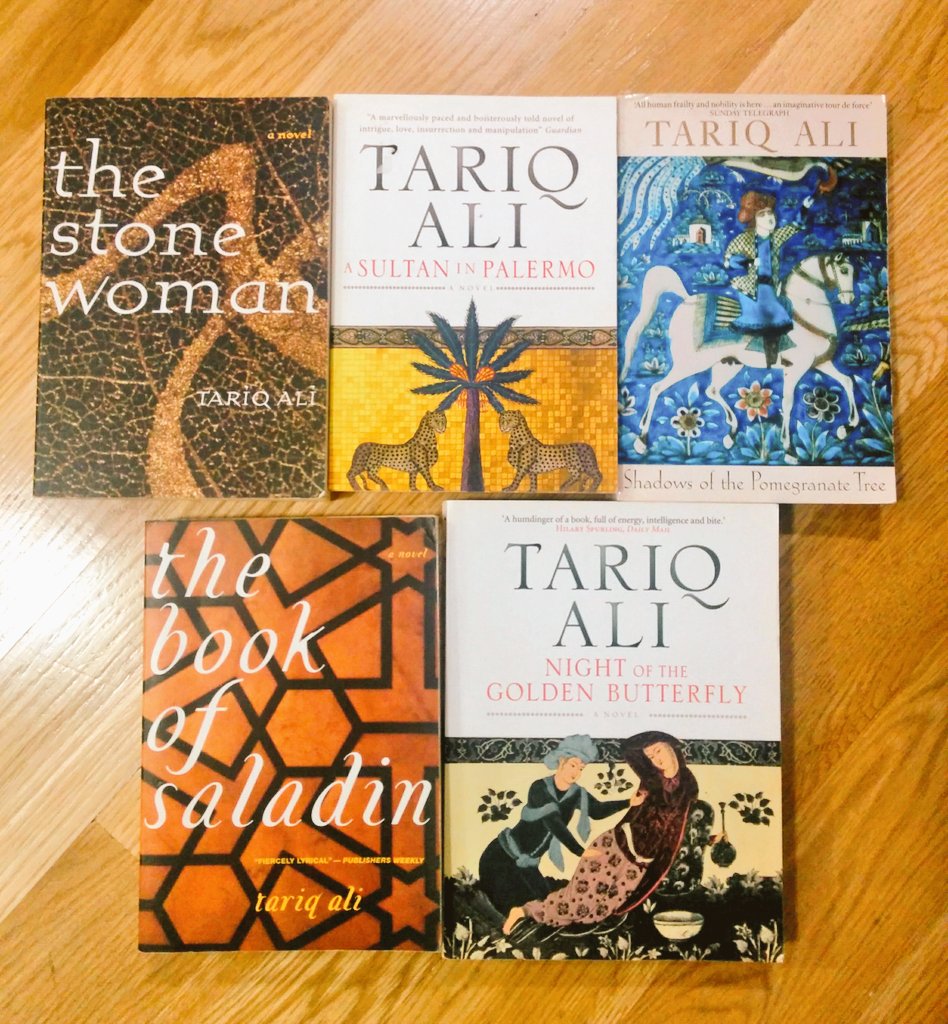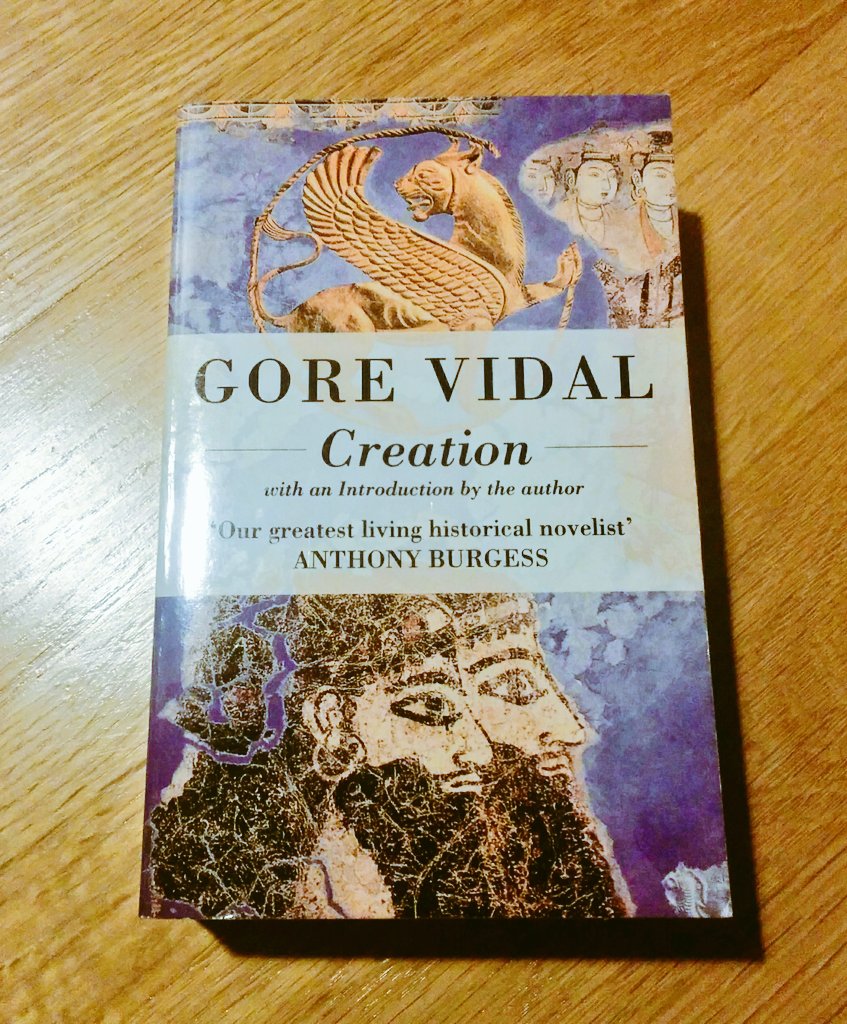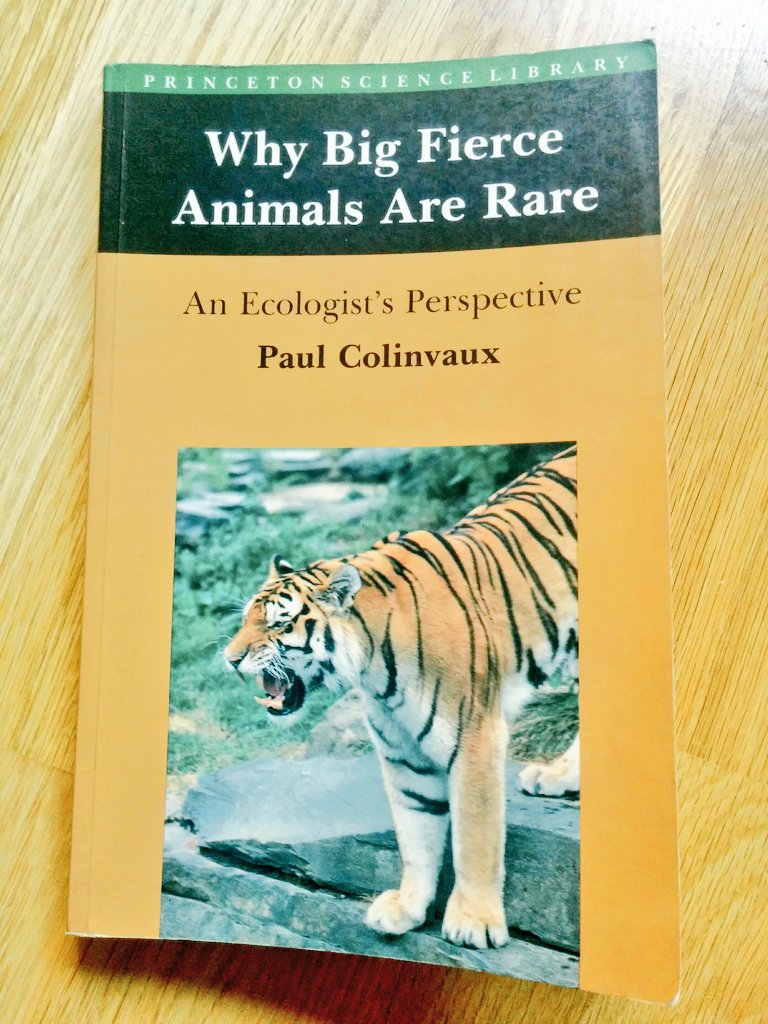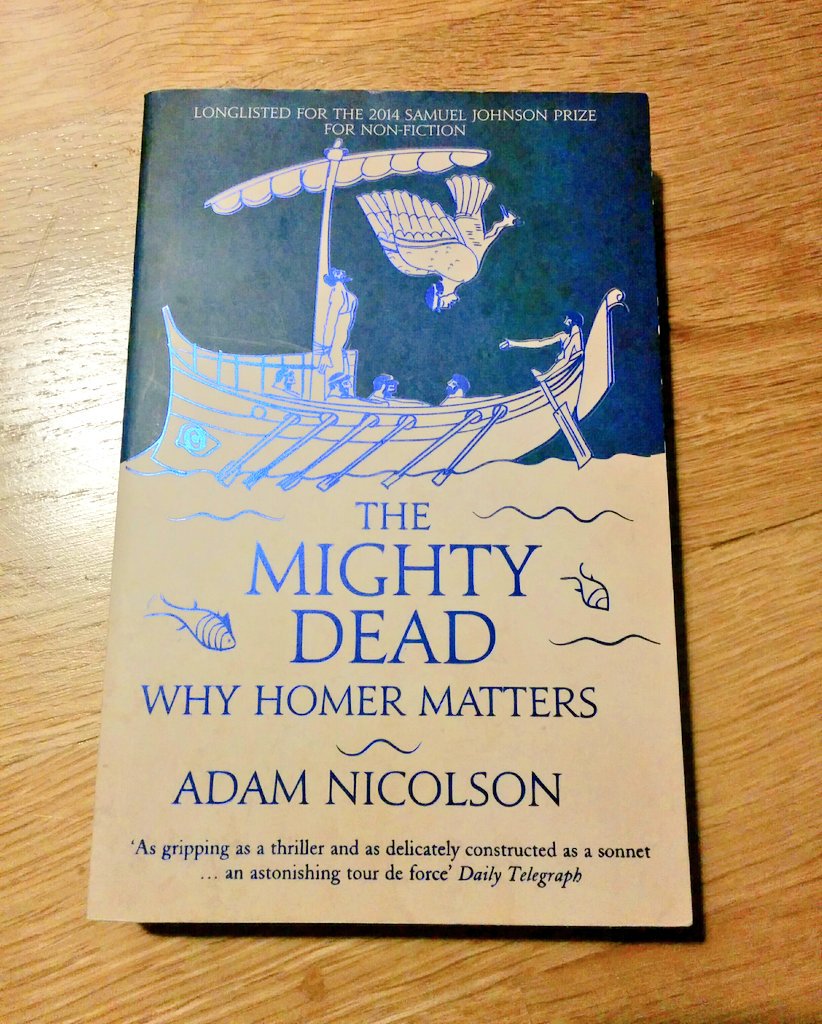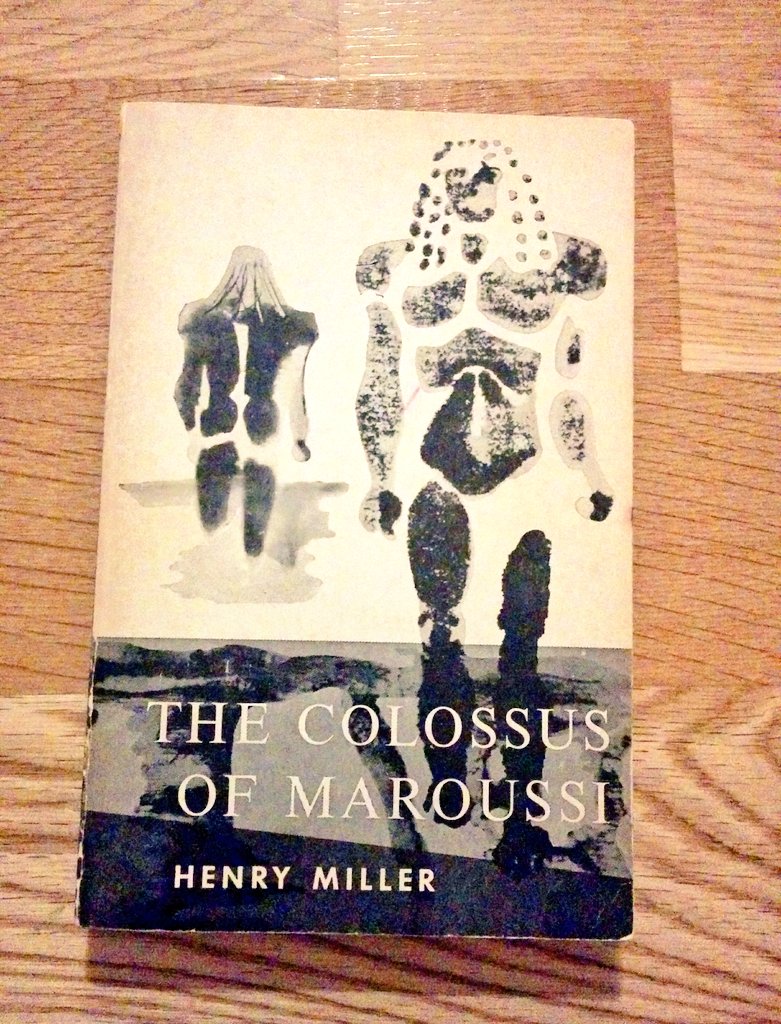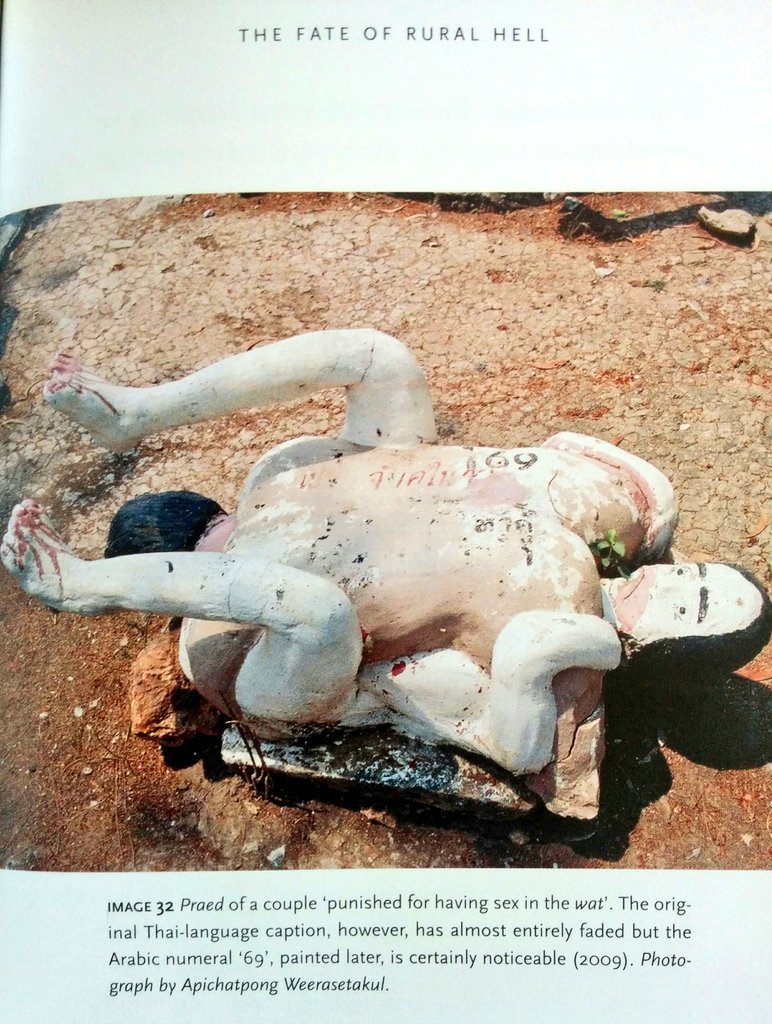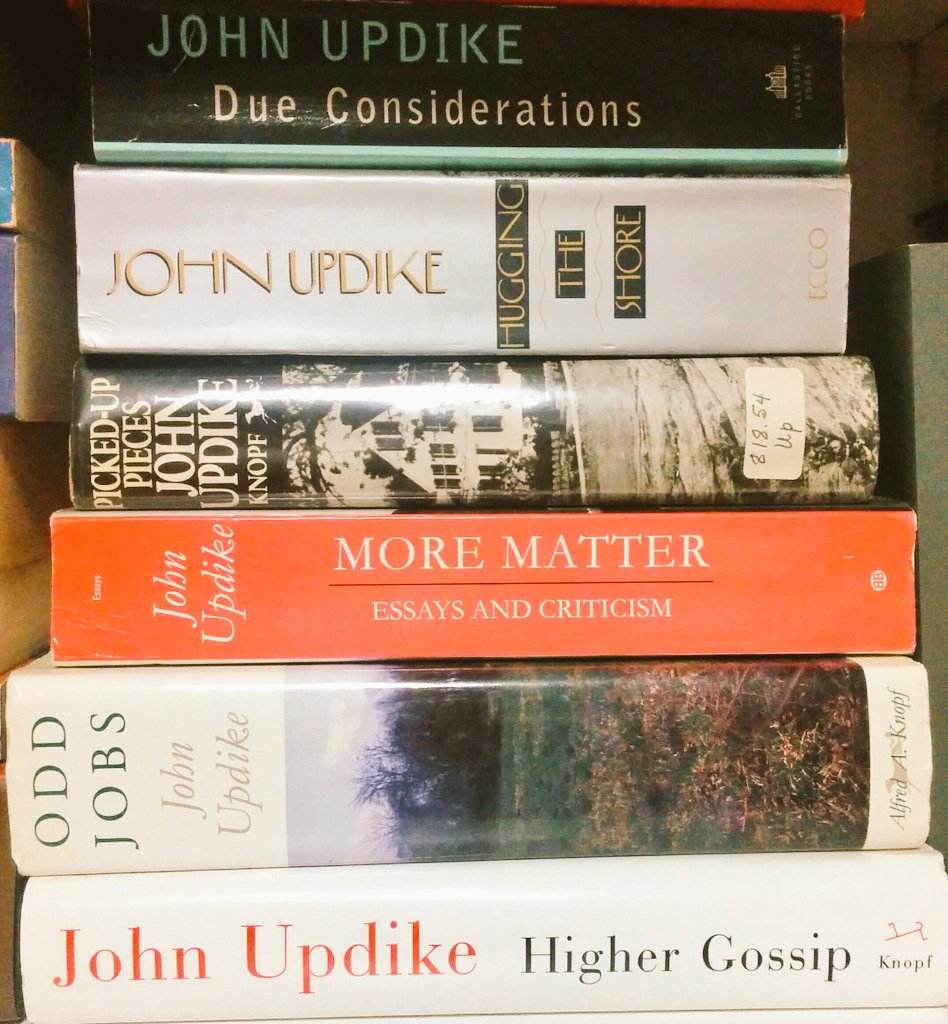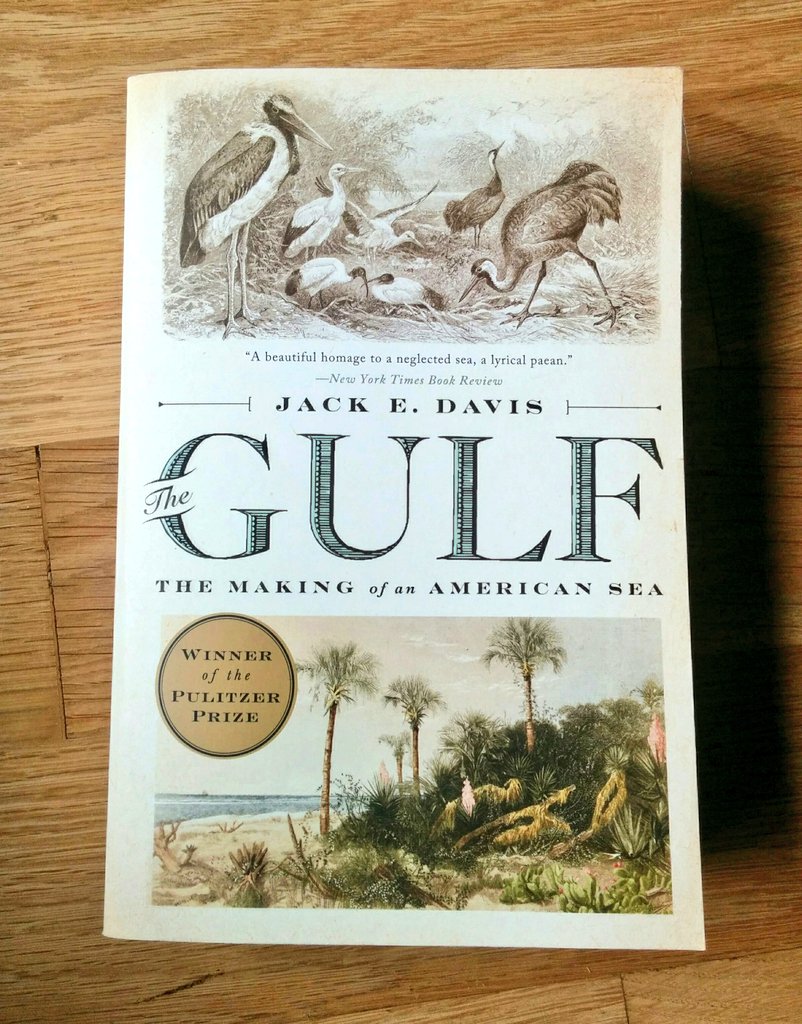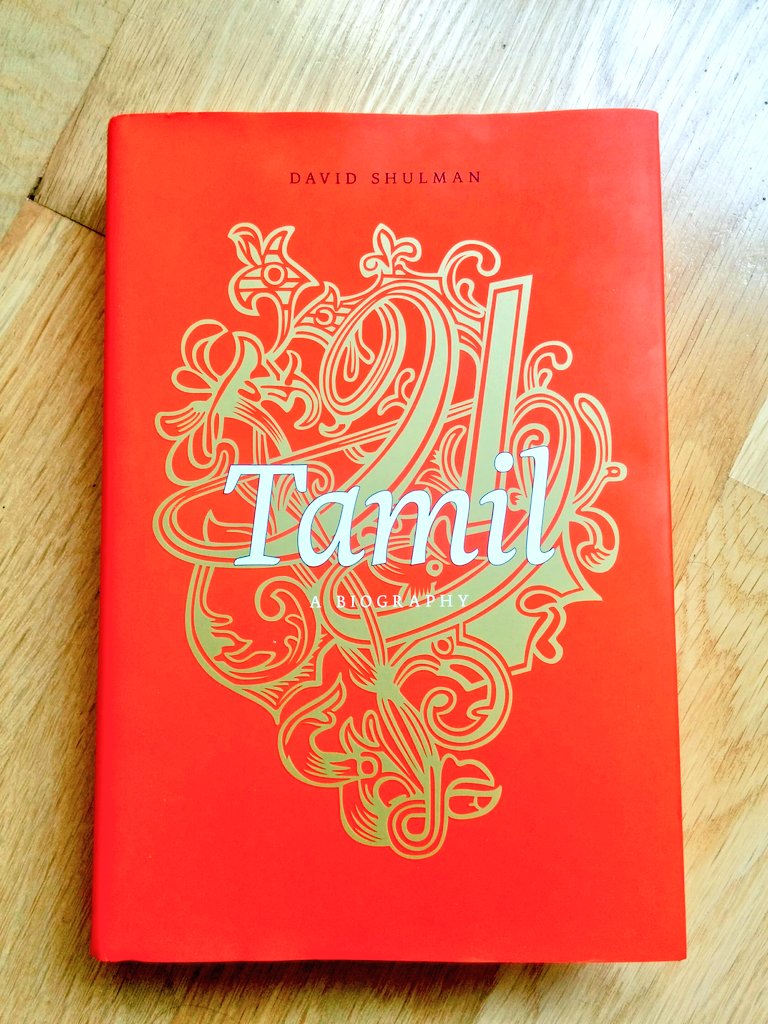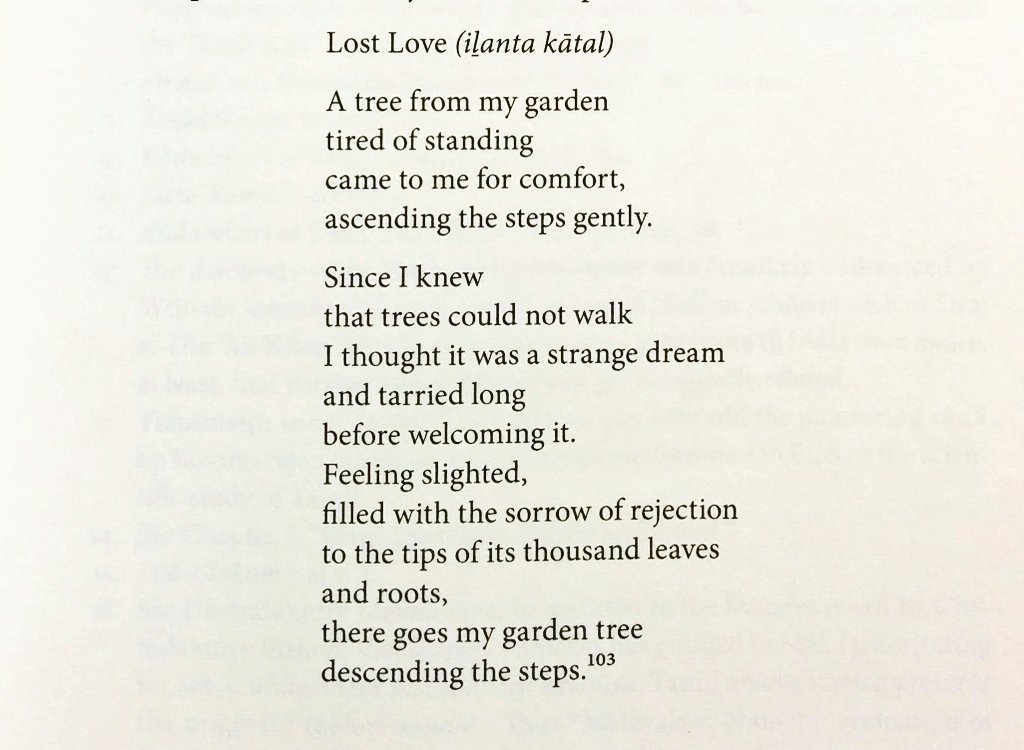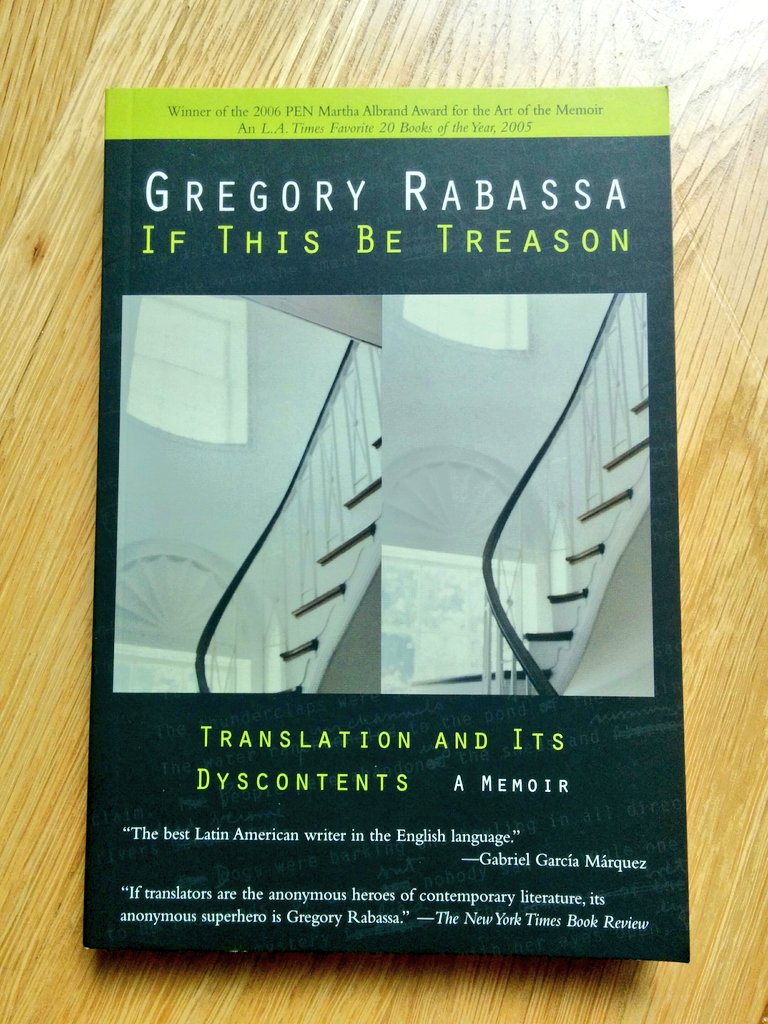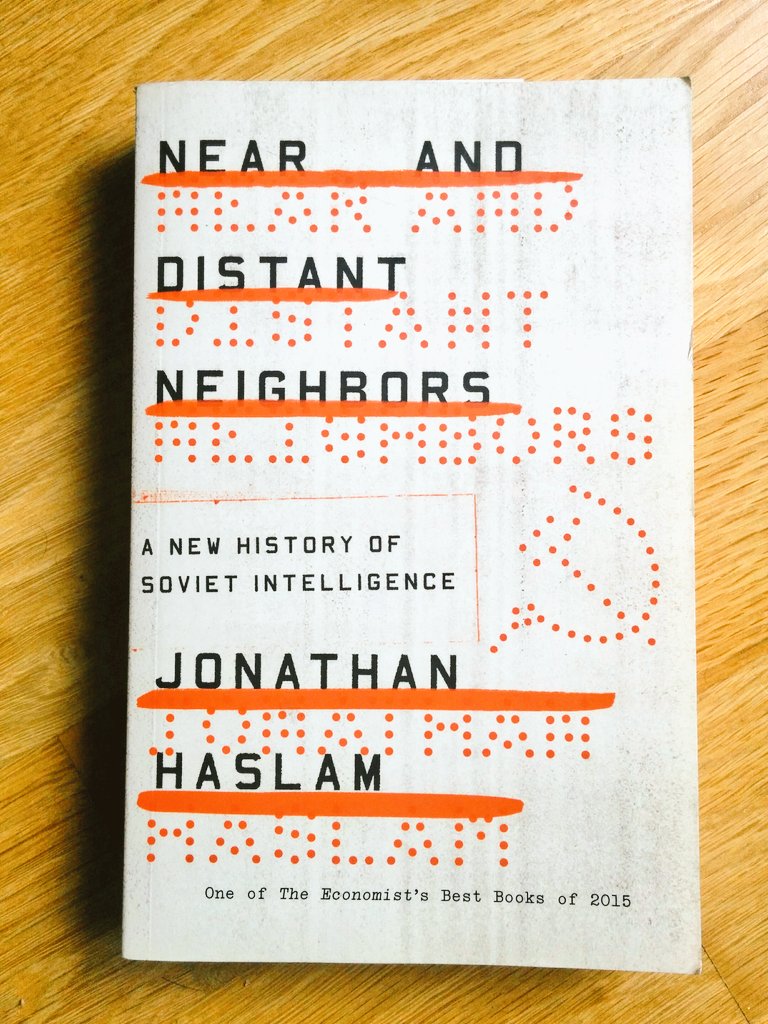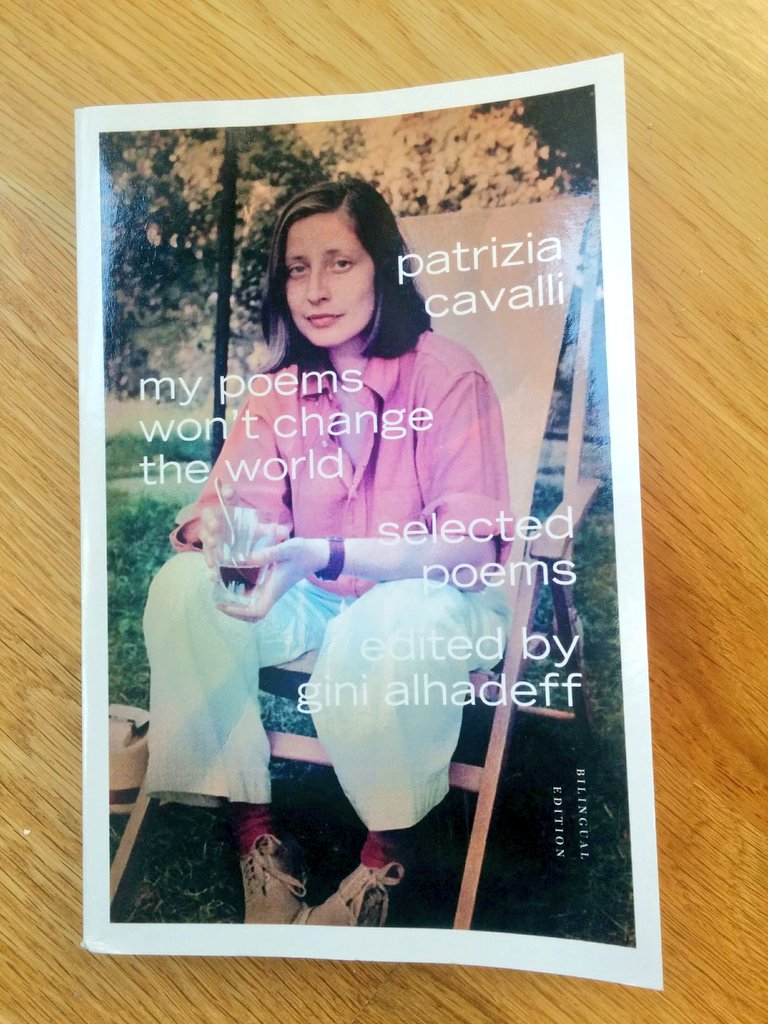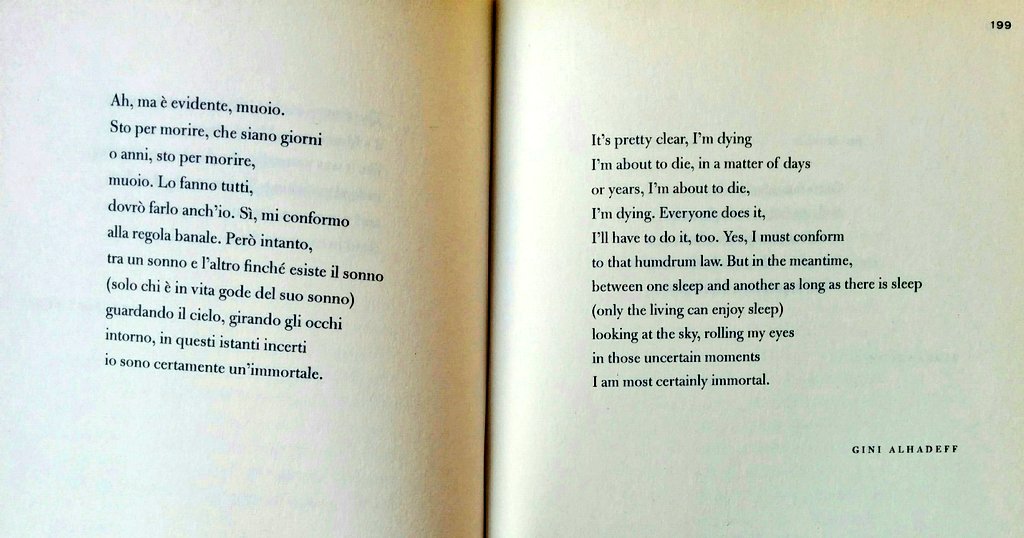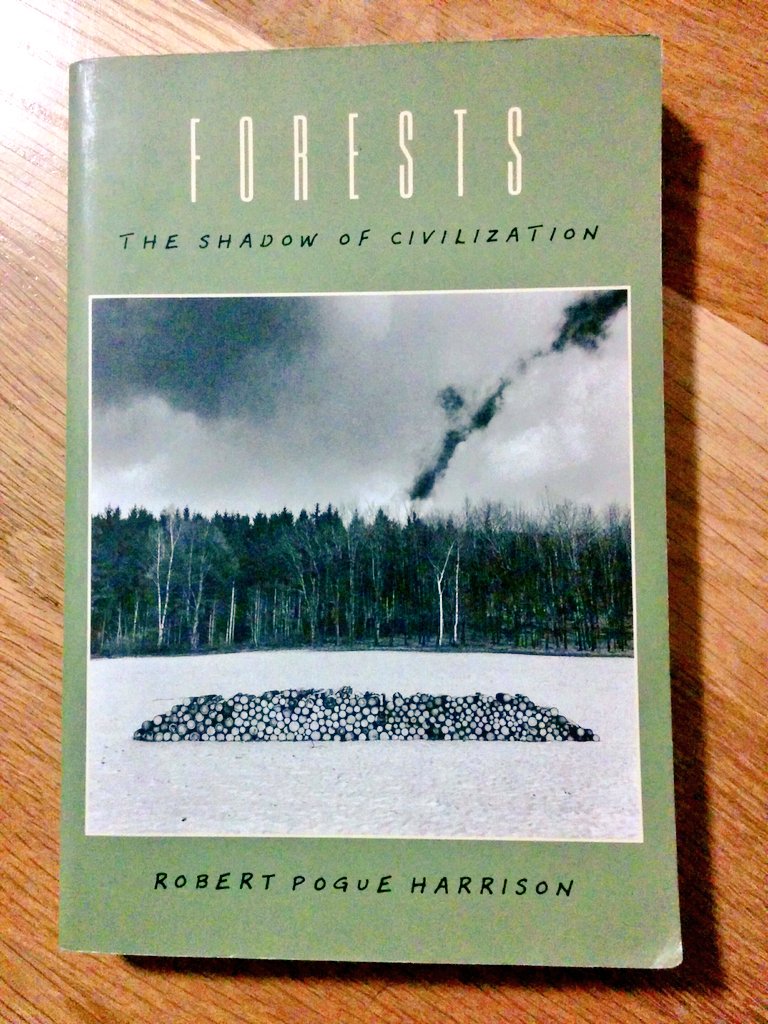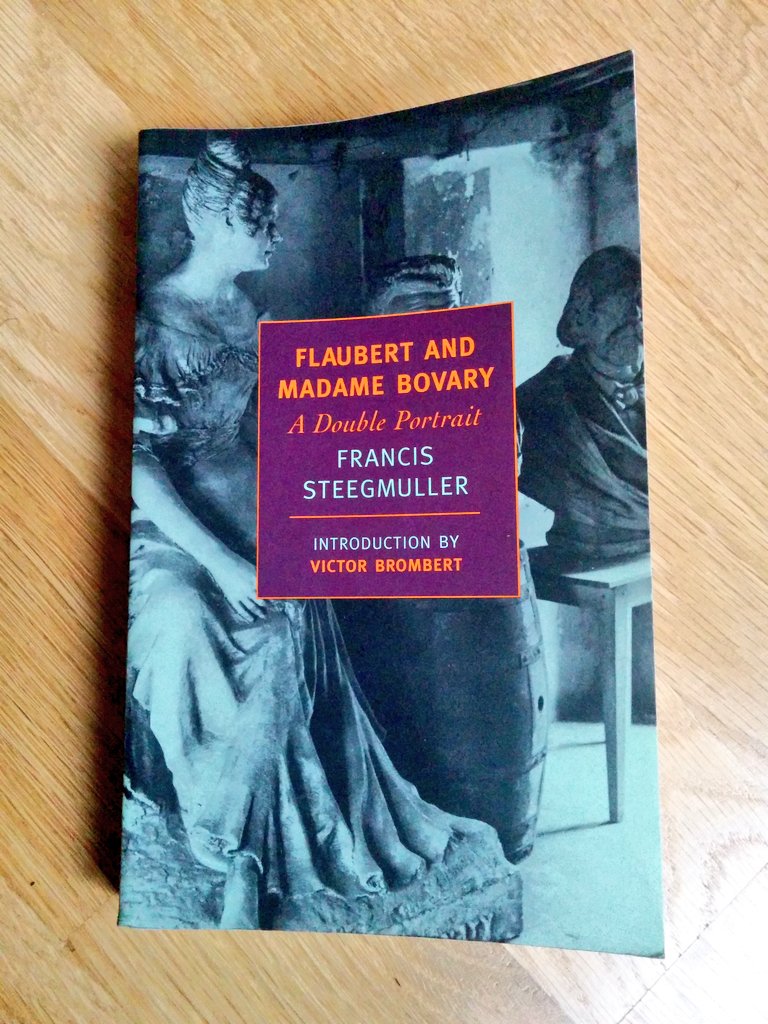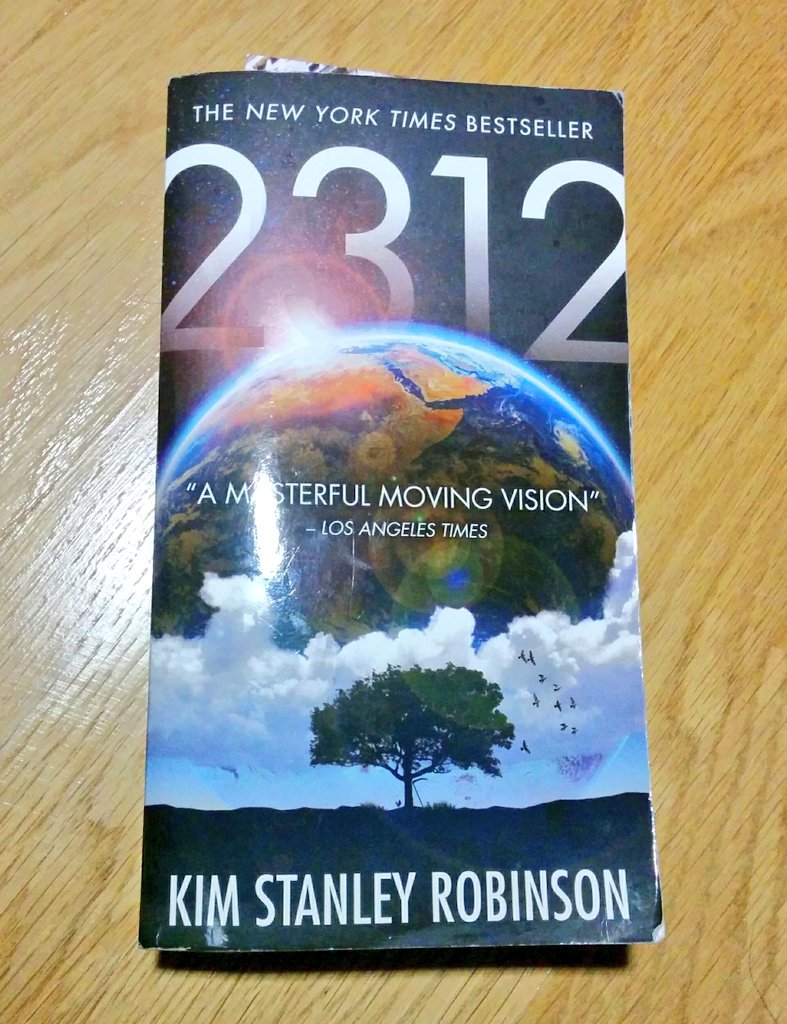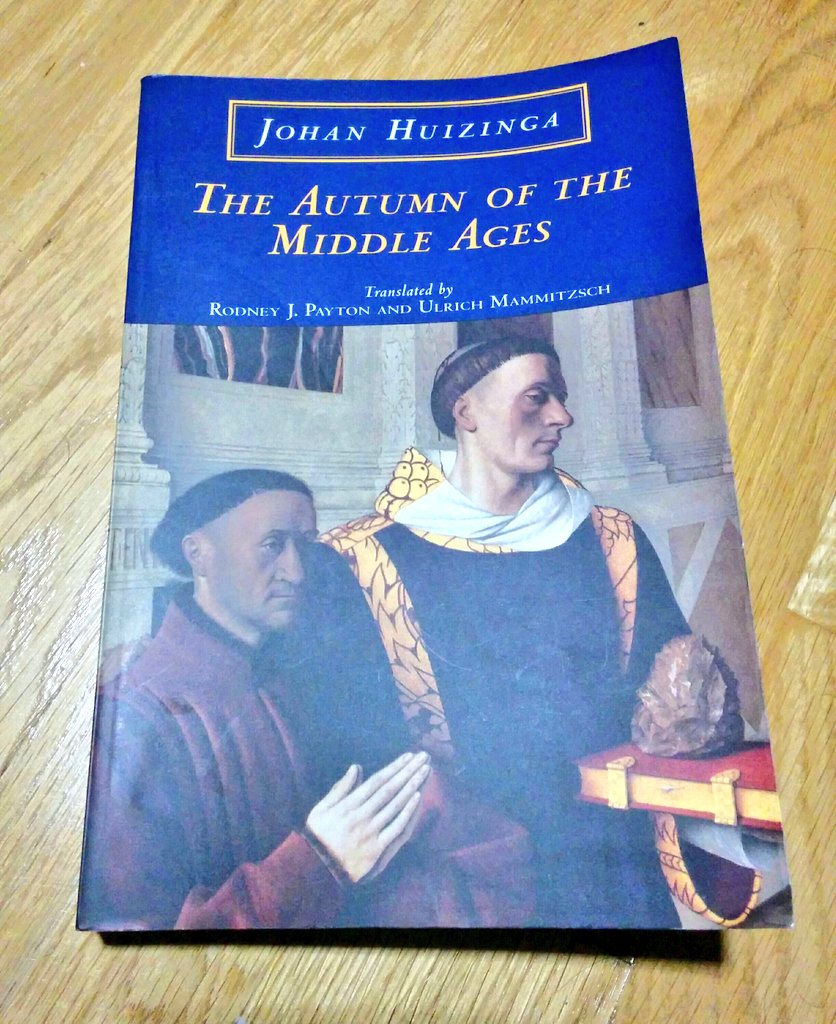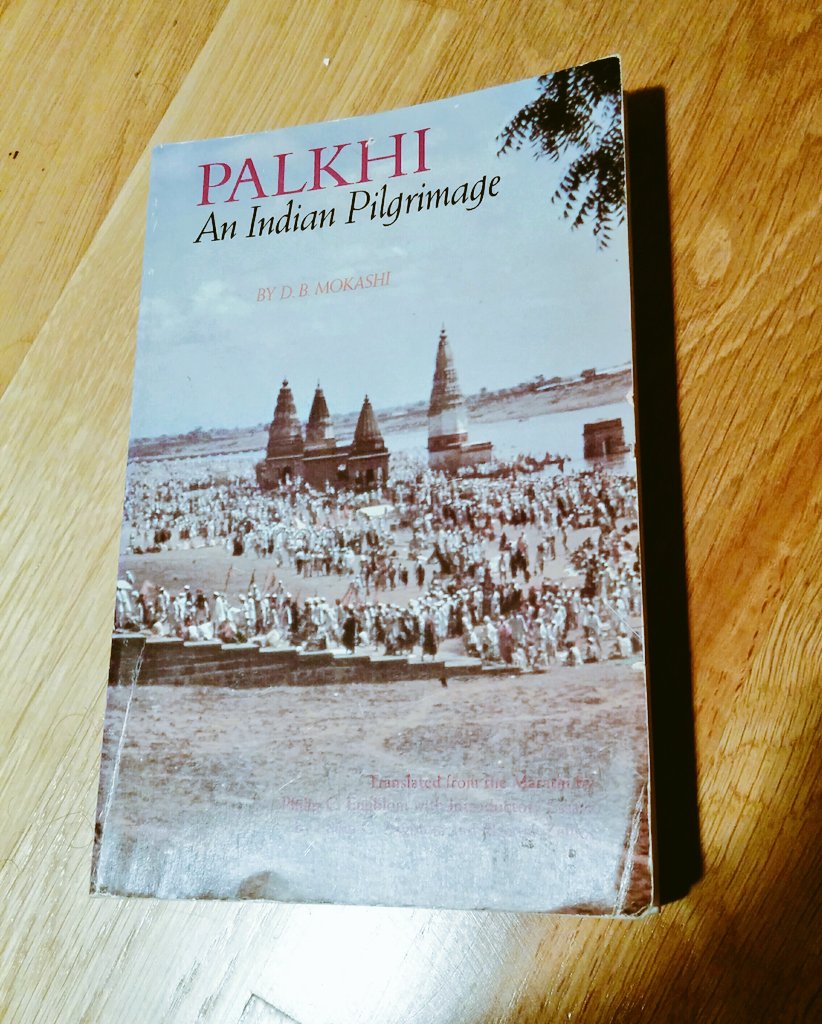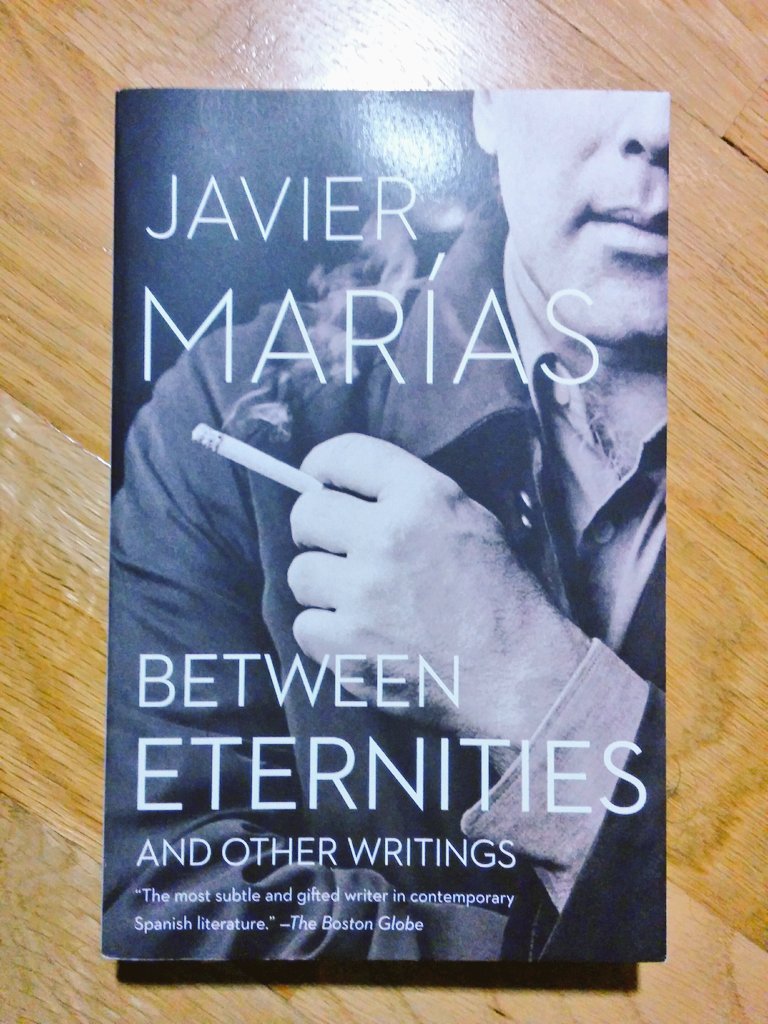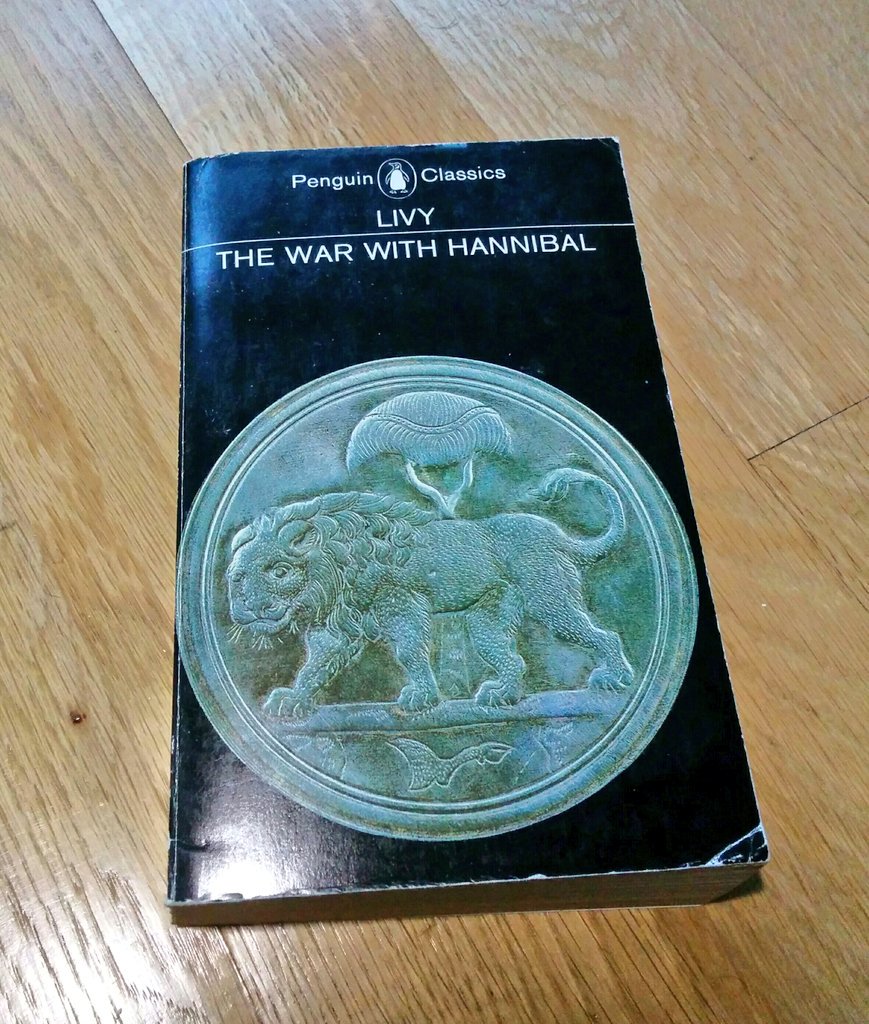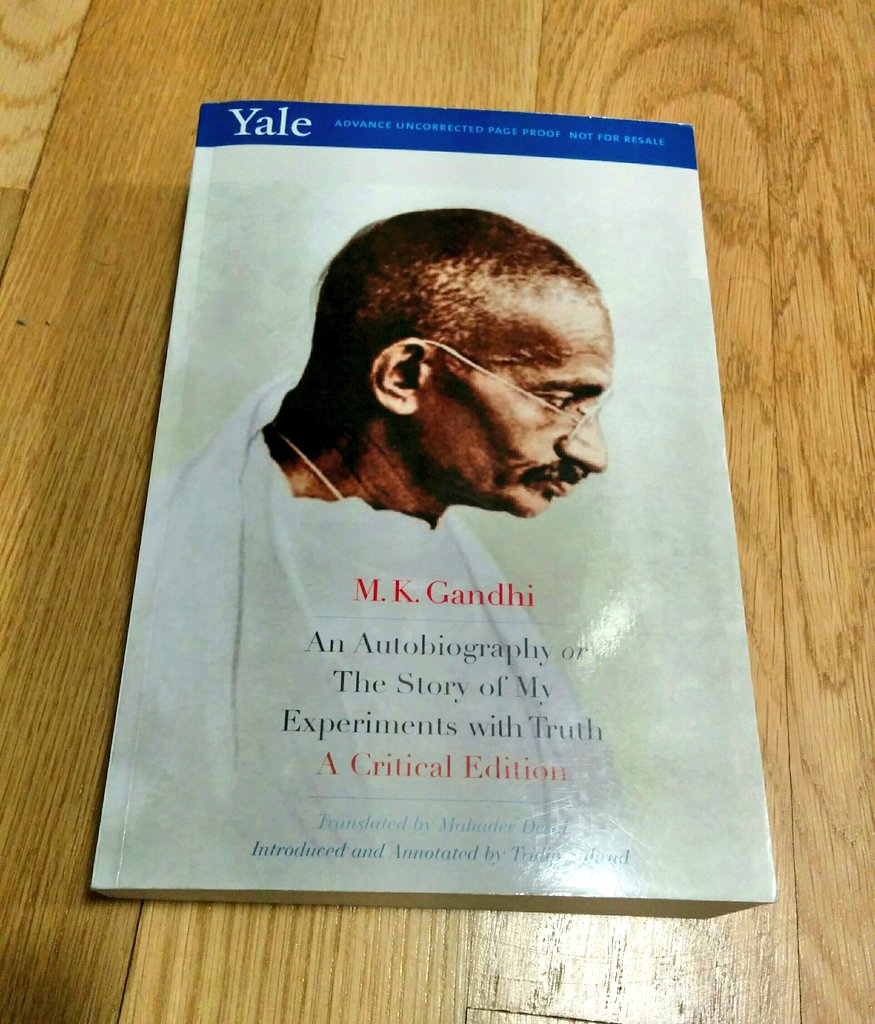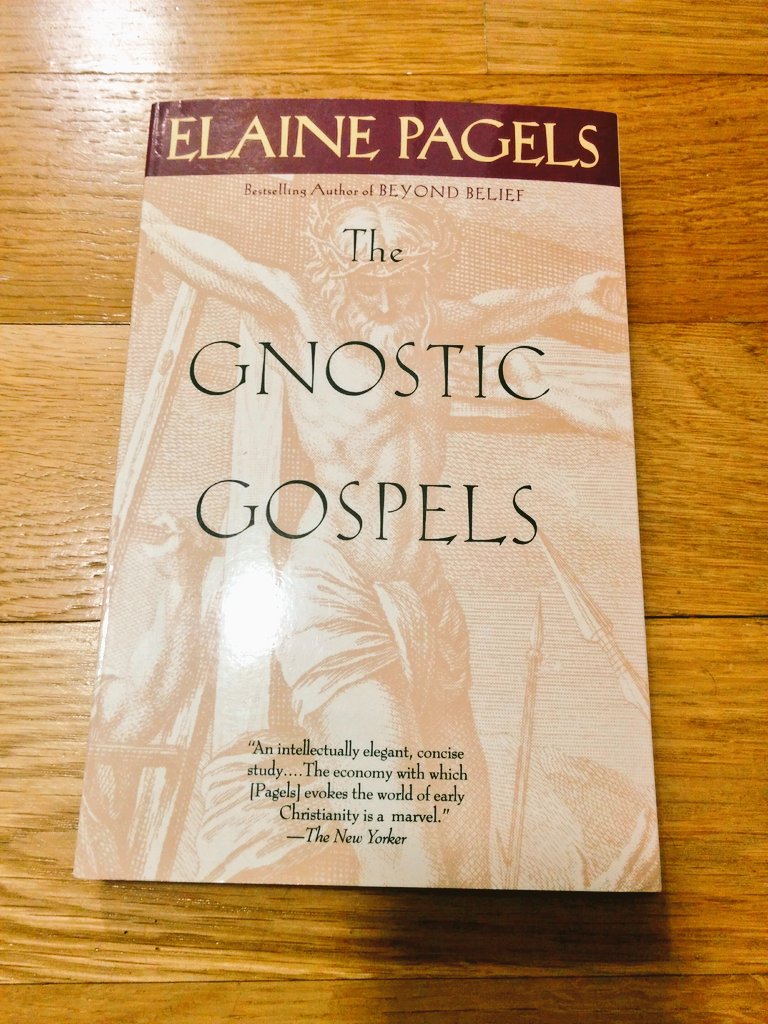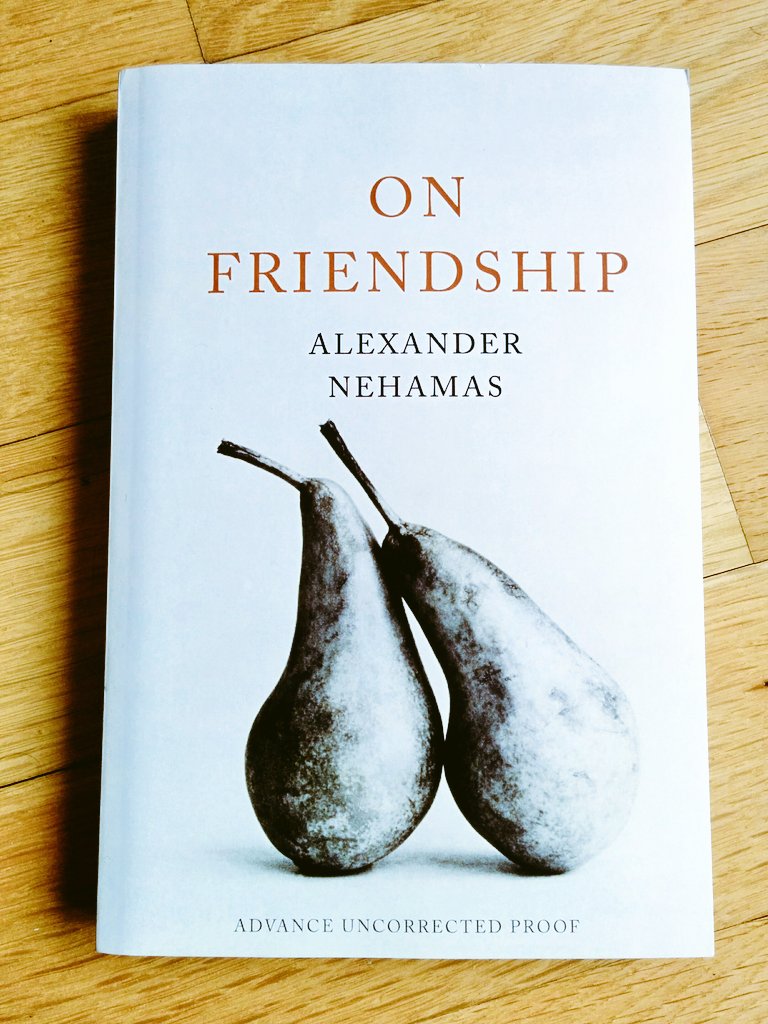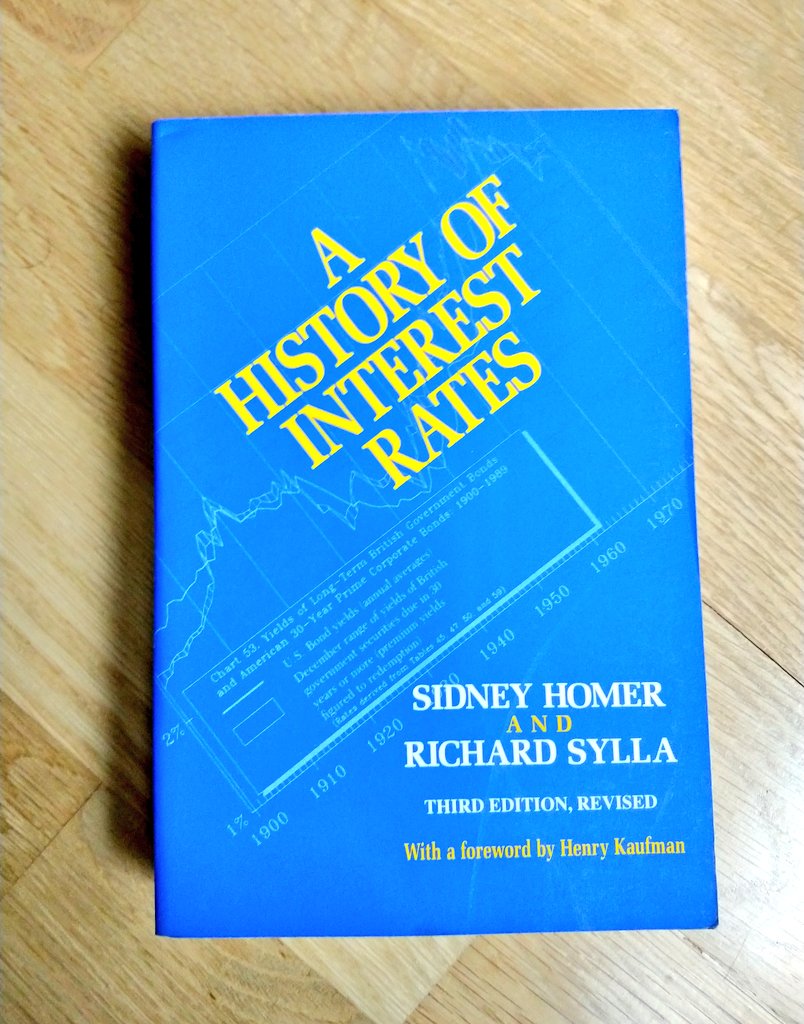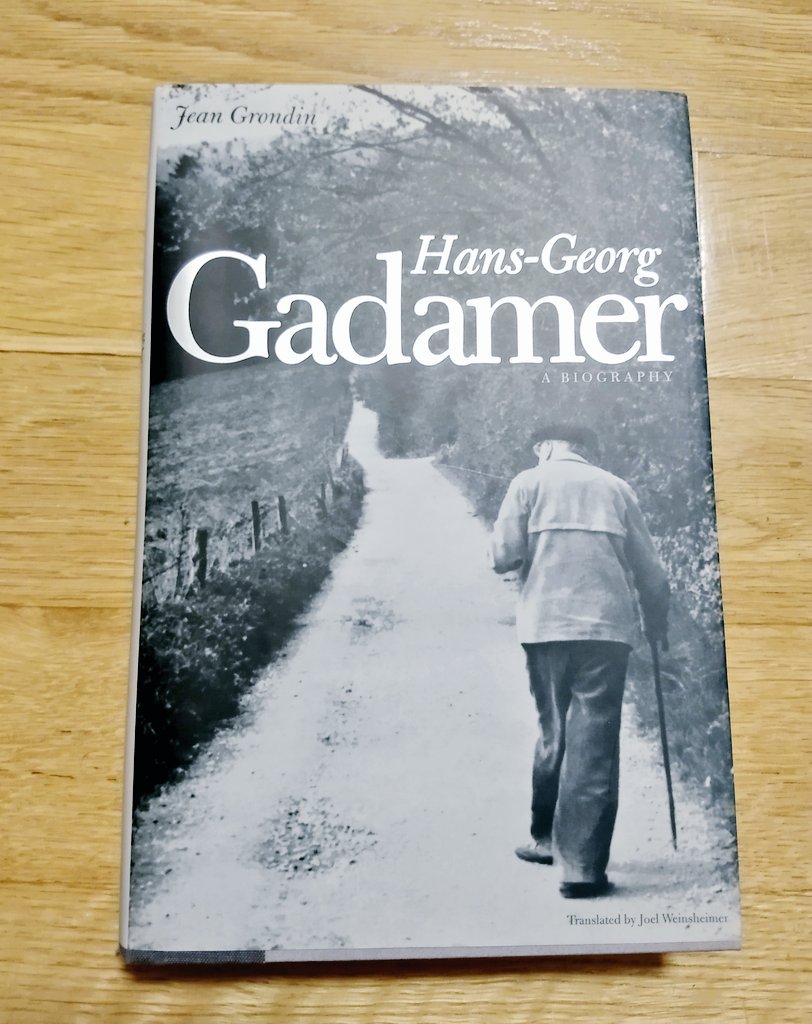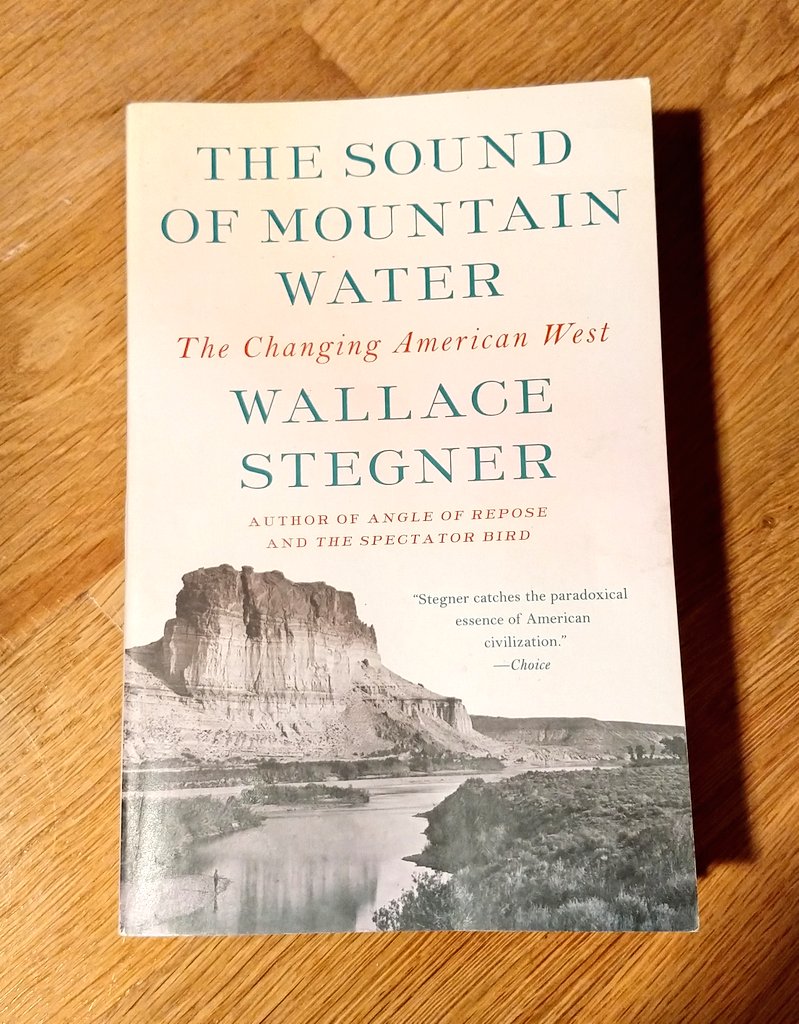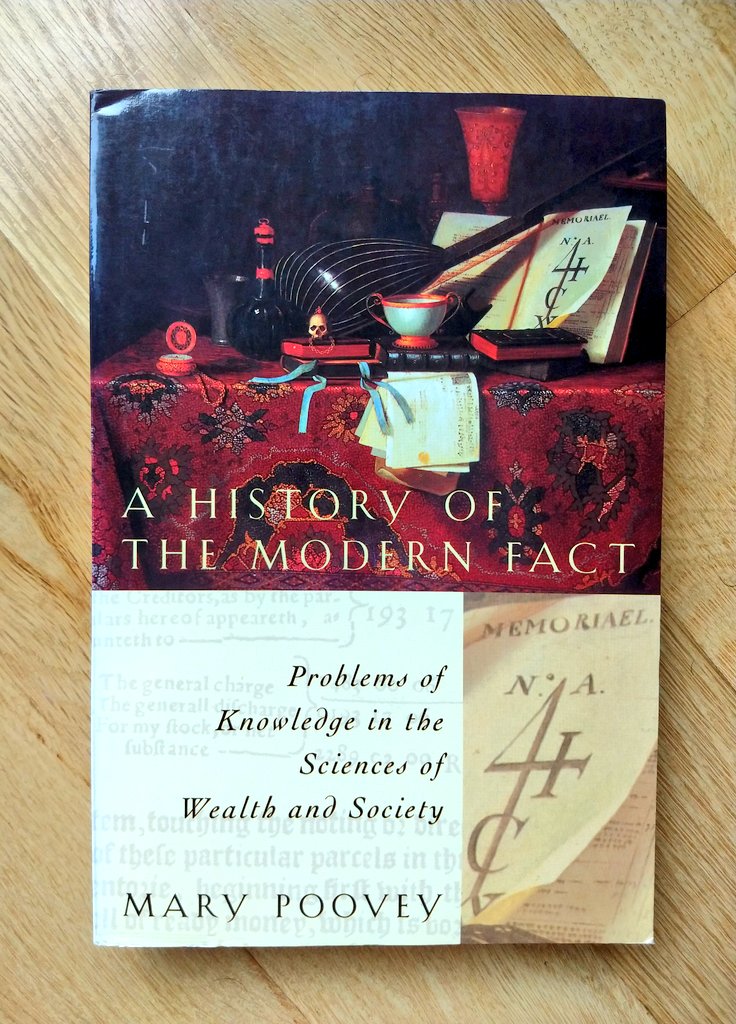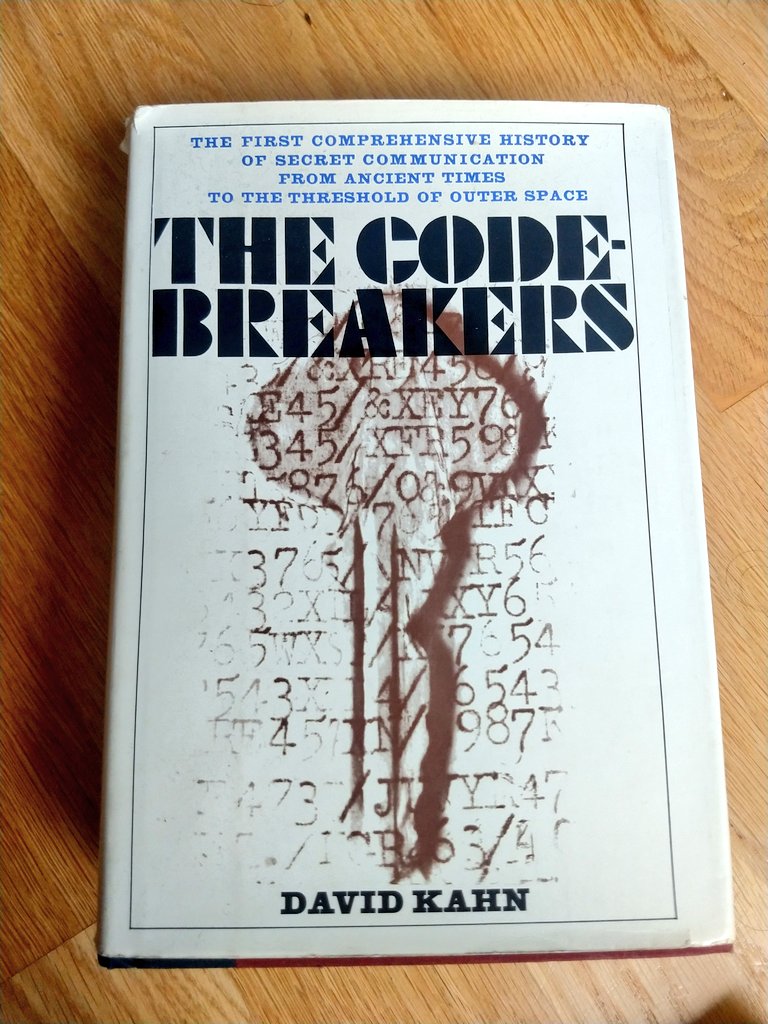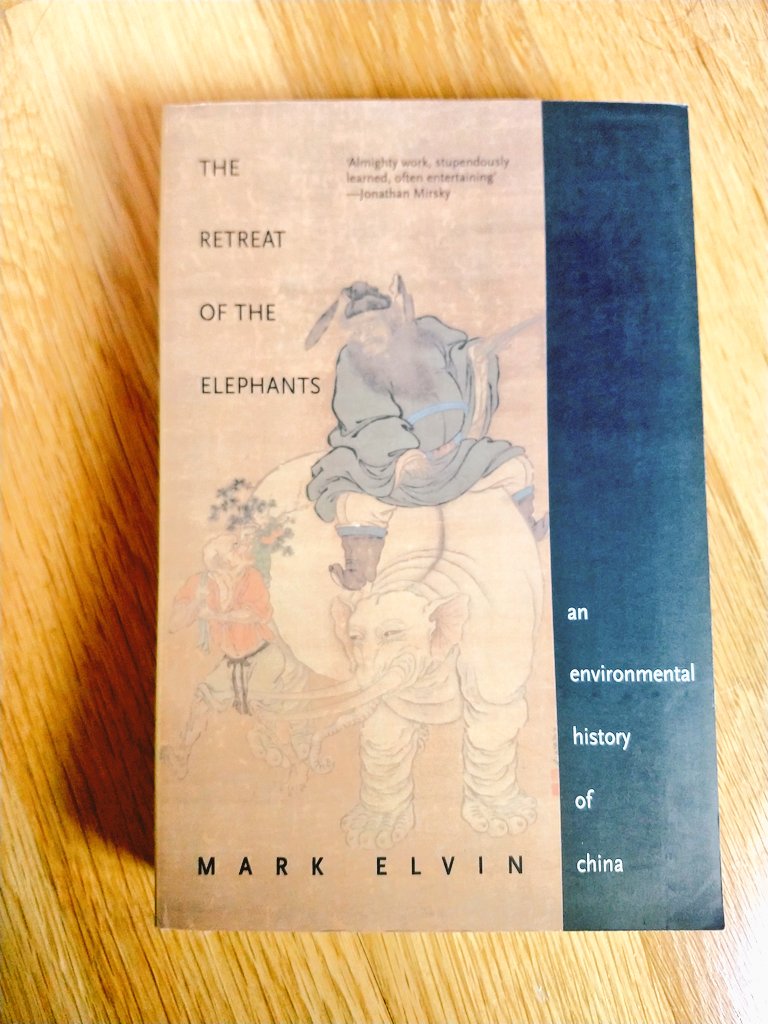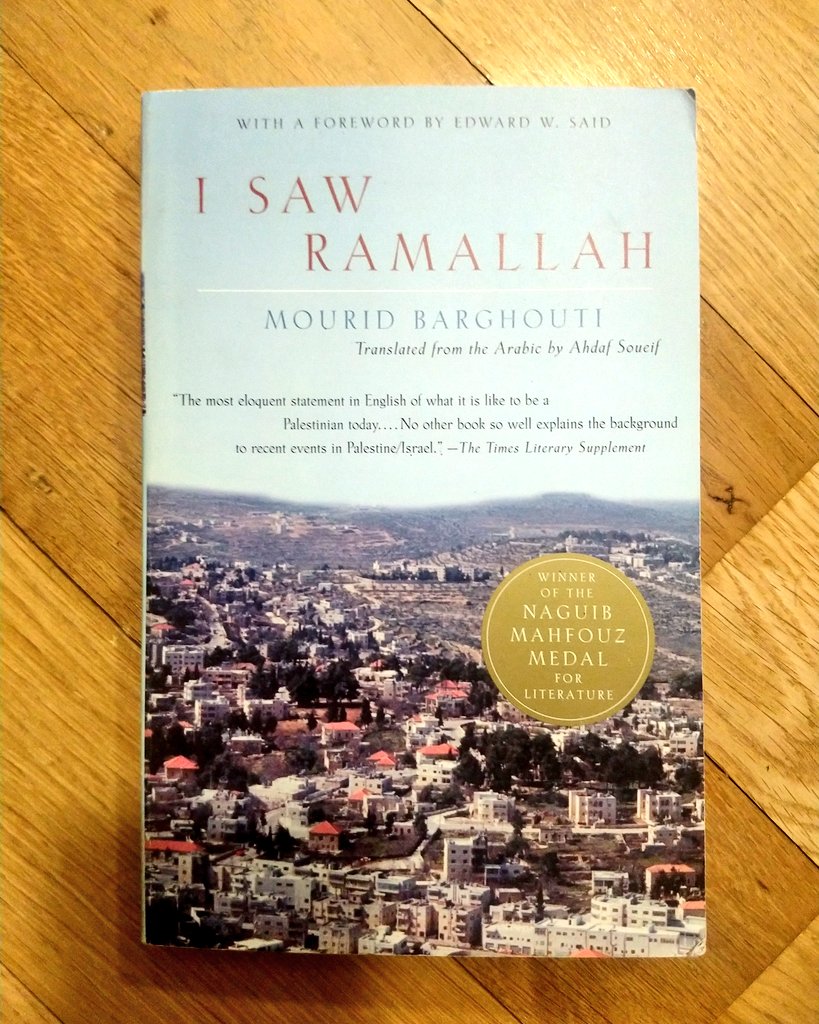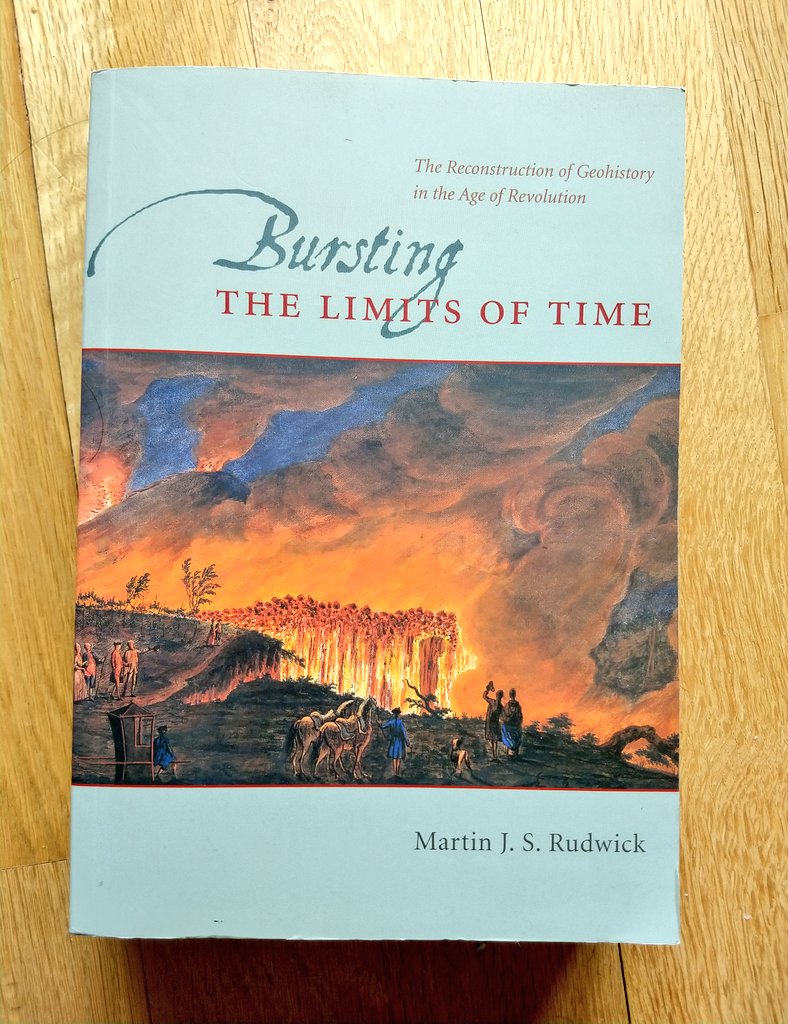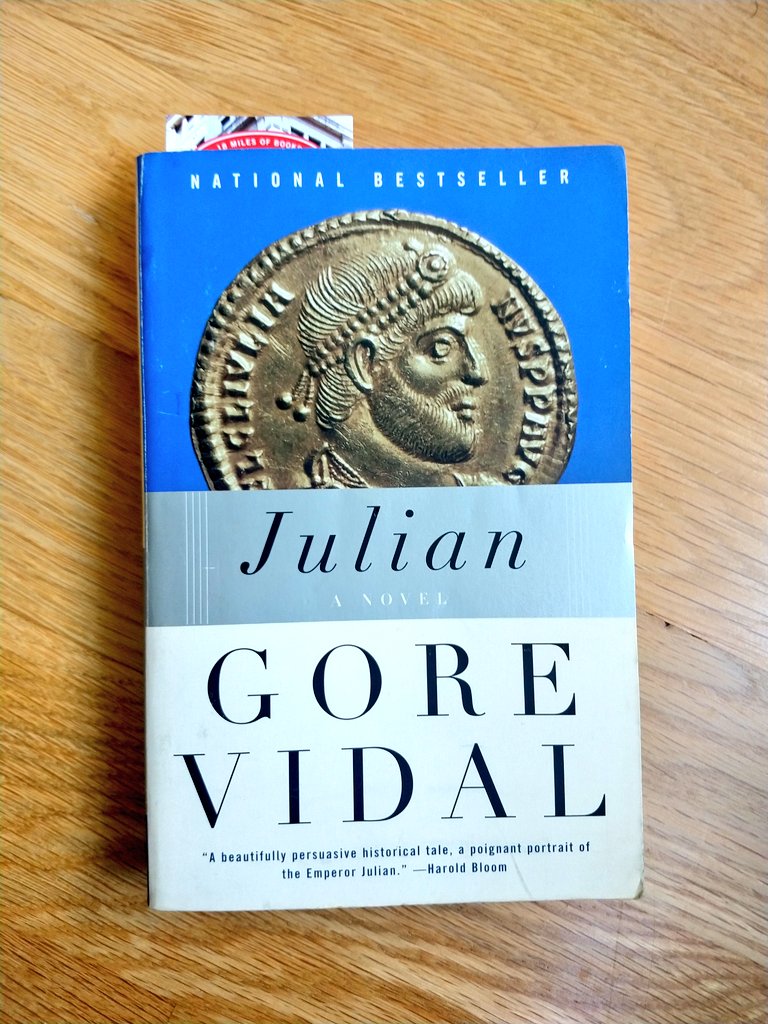perhaps the only attractive thing about moving apartments is the pleasure of rediscovering books long forgotten....
a few interesting books that I had forgotten about, as I discover them, in this thread as I pack & #39;em into boxes:
1. Interesting to imagine who, if any, in today& #39;s crop of political leaders -- on Right & Left -- can write a sustained analytical piece on Mahatma Gandhi
1. Interesting to imagine who, if any, in today& #39;s crop of political leaders -- on Right & Left -- can write a sustained analytical piece on Mahatma Gandhi
3. a more subtle reading of masculinity than when Amitabh Bachchan& #39;s character declared: मर्द को कभि दर्द नहीं होता
4. If you& #39;ve wondered if geographies are pregnant with words...
see some of the sketches in this thread: https://twitter.com/KS1729/status/824498491141586944?s=19">https://twitter.com/KS1729/st...
6. among the few writers whose interest, knowledge, and talent to describe what he sees approximates the diversities of American lives...
7. a now little read book filled with great insights on how to think about ancient religions: the importance of curses uttered by the weak & oppressed, the primacy of female furies who threaten all order...
8. with contributions by Heine, Montaigne, MarkTwain, Chaucer, Thoreau, Herodotus, Louisa Alcott, Lewis Carroll, AmbroseBierce and many many Anonymous...
9. Poets in Exile | "New York is supposed to be half foreigners, with their children occupying another fourth of the city -- a veritable orphanage."
10. While packing books for a move, @RajaKorman found something I had bought after you had recommended during our Bear days!
12. "For years, in the evening, Kafka& #39;s parents played cards. For years they asked him to take part. For years the son said no. But that doesn& #39;t mean he went elsewhere. "I stayed to watch, apart, a complete outsider."
13. Translations by M.L.Thangappa
***
Look at ur lover
planning to fly
to his native land
leaving you
to melt away in tears.
He is from the mountains
where sometimes
a jackfruit falls
into a narrow rift in the rock
destroying the tender honeycomb on a tree.
Kurinji
-- Kapilar
***
Look at ur lover
planning to fly
to his native land
leaving you
to melt away in tears.
He is from the mountains
where sometimes
a jackfruit falls
into a narrow rift in the rock
destroying the tender honeycomb on a tree.
Kurinji
-- Kapilar
14.
<"Japanese person say, & #39;hidamari& #39;," she explained, pointing to a small patch of sunlight along the other wise cold stone of a nearby shrine. In the dark of the Kyoto winter, Sachiko was my & #39;hidamari& #39;.>
<"Japanese person say, & #39;hidamari& #39;," she explained, pointing to a small patch of sunlight along the other wise cold stone of a nearby shrine. In the dark of the Kyoto winter, Sachiko was my & #39;hidamari& #39;.>
15. closer to home...
"These women would rejoice from a distance when sons were born to their husband& #39;s favorite wife..."
"These women would rejoice from a distance when sons were born to their husband& #39;s favorite wife..."
16. Ink pen drawings by Shri Manohar Devadoss, who saw more of that eternal city with each passing day even as his eye sight failed him. [a book that came about thanks to @nramind & #39;s suggestions & @arvindeye & #39;s generosity and competence ]
17. what is the word for a doppelganger from another period in history? | this cover first reminded me of @nntaleb
18. perhaps, few novels in English out of the Indian subcontinent over the past 30+ years have been more ambitious & have been written with an eye for truth amidst the beautiful lies of life in the 20thC... | "The train ran through landscapes and seasons like a spendthrift."
19. from back in the day when I thought mathematical models of finance were fun and marked by delusions of insight. nevertheless, a great text/author who taught me many things including the virtue of being clear in one& #39;s notations....
20. As Indians dive head along into an abyss of consumption, a slender set of essays by one of few original minds in America who warned his own countrymen about it& #39;s perils. But, like all good bourgeois societies, they read him, nodded in agreement and went about life as usual.
21. to the q of where are the Right Wing intellectuals, an early 20thC answer whose words & poetry midwived Italian Fascism. Fascinating sociopath who "loved" the violence but thought Mussolini was a clown, didn& #39;t like Hitler, was deemed by Lenin as "Europe& #39;s only revolutionary".
22. For lovers of Kurt Wallander mystery/dramas, a murder in Mecca -- a city beholden to tradition & piety as well "corruption, prostitution, & exploitation" -- w/ Detective Nasser al-Qahtani trying to solve the case. Wonderful.
23. if the Mahabharata is a transport of an ancient memory and accreted wisdoms, then this is about he who animates its wheel, the frame, the spoke, the arc, the movement, & the journey...
24. on the birth of a modern identity, imposed often from the top (Paris), actively resisted and reinvented from the bottom, the amount of facts gathered about this transformation in here is astonishing and a testament to the talent for the record keeping of the French people.
25. "Suffering is real. To urge anything that dismisses it as & #39;unreal& #39; is to mock the pain of another."
26. For me, Goenawan Mohamad is among the greatest columnists in the world whose writings on his home, Indonesia, has much to teach, educate, and interest the rest of the world.
27. "A love letter to South India" is how Pankaj Mishra accurately described this.
***
"Even then,
whenever
I speak of my troubles
In Telugu
Life speaks
Tamil"
- by Sugambabu, a Telugu poet, who writes short verses called & #39;rekkalu& #39;
***
"Even then,
whenever
I speak of my troubles
In Telugu
Life speaks
Tamil"
- by Sugambabu, a Telugu poet, who writes short verses called & #39;rekkalu& #39;
28. One of the most fascinating little travelogues -- filled to the brim with stories of times and people forgotten by history and popular memory...
29. the story of last of the large African quadrupeds that the Europeans began to treat as a target for hunting: then imperiled by civil war, hunger, & battles between big conservationist factions
30. How to summarize a life time of thinking and writing about forces historical inertia, & #39;conjunctures& #39;, and rapid changes into less than 100pages. An adaptation of Braudel& #39;s mid 1970s lecture in the history department at JohnHopkins. [supposedly there is a video of it as well]
32. Not just about the Harappan civilization but also about lesser known Indians -- Daya Ram Sahni, Rakhaldas Banerji, Madho Sarup Vyas -- who worked with remarkable Europeans -- Cunningham, Tessitori, & Marshall: all of who spent years in mud & dust to discover India. Fabulous.
33. Having read and listened to the Ramayana since childhood, I thought I knew it well. Till I discovered V.S.Srinivasa Sastri& #39;s lectures. Not sure why present day publishers havent repub& #39;d this with some edits and a thoughtful introductory essay to frame VSSS& #39;s interpretation.
34. Mersault kills an Arab in Camus& #39; existential & #39;L& #39;Etranger& #39;. The victim is obscure, irrelevant to the European& #39;s despair. Here, Daoud gives the Arab a name & #39;Musa& #39;. But (Algerian) postcolonialism births stillborn freedoms, midwived by violence. An homage, a rebuke, a side eye.
35. How is it to remember one& #39;s youth based on what an all-surveilling intelligence agency has on you? In 1993, TGA discovered that the Stasi had a file on him from his student days in Berlin, 1978. It watched him & kept meticulous details acting as a sort of Facebook w/ torture.
36. Hard to believe such a staggering, relentless almost programmatic killing of humans could have persisted. An extraordinary retelling. One haunting line from the German Field Marshal von Rundstedt to his wife after a tactical victory: "The vastness of Russia devours us."
37. The 1930s were an age of ferment when SrinivasaAiyar moved his family from their homes in Alapuzha to the city of Kottayam. Thereafter, like day follows night, came widow remarriages, anticolonialism, & children who answered back. A majestic Tamil novel about life in Kerala.
38. During WW2, Werner Heisenberg lived apart frm his wife, Elizabeth. These letters, b/w a wife - who keeps her children safe during the war-- & a husband who serves his nation but loaths its rulers-- reveals that love, ultimately, is a form of devotion to the other& #39;s struggles.
39. Thomas Sheehan, the great scholar on Heidegger, on tensions b/w how Jesus understood himself -- as an eschatological prophet -- & how early Church saw him within 50 years of his death: as Son of God. For an outsider, a fascinating glimpse into histories of biblical studies.
40. A collection of 3 books, written with great care -- on history of environmentalism, peasant resistance in Himalayas, & life of a remarkable Englishman who lived in independent India. Each has a lot to teach any young (or old) reader. Also a lesson in how to write clearly.
41. I love grown men who can write love poems, shedding the encrustations of age & the habit of reluctance, ignoring the risk of mockery, & surrendering themselves to the hope that she& #39;ll read beyond his words. At 55, the great JosephBrodsky wrote these lines. At 56, he was dead.
42. From the scientific tetralogy of fantastic novels about mind. Seductive, playful prose that plumbs through their human frailties only to see the waters of insight and intuition flow unimpeded. In this series:
1. Doctor Copernicus
2. Kepler
3. The Newton Letters
4. Mefisto
1. Doctor Copernicus
2. Kepler
3. The Newton Letters
4. Mefisto
43. Perhaps the best popular introduction to various forms of doubt- skepticism, disbelief, atheism, heresy, empiricism, anti-ritualism - across China, India, & West.
"After Buddha, it took 800 years for Arjuna [the Mahabharata, composed 200 BCE/CE] to get back on the chariot."
"After Buddha, it took 800 years for Arjuna [the Mahabharata, composed 200 BCE/CE] to get back on the chariot."
44. I haven& #39;t read much science fiction/fantasy. But recently discovered @kyliu99 and greatly enjoyed this. Well written science fiction, I realized, can be very liberating and, even leave one a touch, breathless. A bit like look down from the balcony of a really tall building.
45. Nowadays, when I feel self-satisfied and think that some tasks are trivial and meaningless in the grand scheme of things, I think of this book & these lines in it.
Siddhartha R. Iyer goes in search of a wise disciple of Siddhartha.
[thx to @ArdraManasi who shared it]
Siddhartha R. Iyer goes in search of a wise disciple of Siddhartha.
[thx to @ArdraManasi who shared it]
46. At the age of 86, after writing many sumptuous novels, Saramago decided to take up blogging. Fierce denunciations of a world slowly becoming aggressively ignorant. He dedicated this collection of blog posts to his wife with the inscription: "To Pilar, who won& #39;t let me die".
47. The Islam Quintet: Five novels by the activist-writer Tariq Ali, which spans from 15thC Moorish Spain to 20thC Lahore, London, & Beijing. He wrote this during the Gulf War 1, to counter claims that Muslims have no culture. Fun, clever. Author& #39;s great learning worn lightly.
48. How would it be to live in the Axial Age (as Karl Jaspers called 600-300 BCE), where you can leave Socratic Greece, pray with Zoroastrian priests, bow to Darius, hear the Buddha, befriend Bimbisara, dread Ajatashatru& #39;s caprice, & travel to learn from Confucius. Terrific fun.
49. I had never thought of many questions in this book as explicitly and directly as it does. A slender 240pg that begins with the Eltonian principle then pokes holes into it by looking at anomalies/fundamental questions: why are larger fierce animals so rare? Nature is wild!
50. A meditation on an absentee story teller, a conjurer of worlds, deployer of similes, defier of glib histories, poet laureate of the male archetype, whisperer of untranslateable words (pontos atrygetos ~an unharvesteable sea), father figure to the Western mind, & giver of joy.
51. At the age of 47, the great & profane Henry Miller decided to clean up his life. He left Paris & its smoky seductions, headed to Greece to reconstruct his self & tend to his being. There, amidst peasants and poets, flock of sheep and hardscrabbled floors, he lives. Luminous.
52. I knew traditional Buddhists had "hell", but I didn& #39;t know that there was a & #39;Disneyland& #39; style "hell" park in Wat Phai Rong Wu, Thailand. Benedict Anderson studied why do Thai people travel to see gruesome & mutilated statues. A small door into humanity& #39;s labyrinth like mind.
53. A prodigiously voracious mind blessed by a constitution, which birthed an extraordinary career including this collection of essays per decade. There won& #39;t be another like him. Not for lack of ambition or talent but for the willingness to make all of life secondary to writing.
54. On a forgotten sea: a & #39;biography& #39; of the Gulf of Mexico from the Pleistocene era to today. What was remarkable is how little I knew, and strikingly how little most Americans know about a much used and abused body of water with extraordinary natural life in & around it.
55. An Israeli scholar& #39;s biography of an ancient & generous Indian language that thrives with the energy of the young and a fidelity to its eternal preoccupations, loves, & conceits:
uyir - life breath
unarvu - intuitive awareness
akam - the interior
puram - the world beyond
uyir - life breath
unarvu - intuitive awareness
akam - the interior
puram - the world beyond
56. For anybody interested in globalization -- not the silly & #39;world is flat& #39; variety -- but a world where insects, diseases, inflation, & vegetables travel, hide in the shadows, & emerge in ways unexpected, these two masterpieces of popular history writing remain great teachers.
57. On receiving Marquez & #39;cien años de soledad& #39; for translation, how does one recreate the expertly crafted Spanish prose-poetry into an exuberant English& #39;? On a translator& #39;s journey in search of the meaning behind words, ofteb being accused of being unfaithful to the original.
58. One of the revealing things in this excellent history of the Cheka/NKVD/KGB/GRU/... apparatus is how good they are at reading & manipulating deep human needs: honor, lust, justice. And how driven individuals (eg Yuri Totrov), not the Soviet beehive system, made the difference
59. I don& #39;t read much poetry, in parts & #39;cause it often seems like elaborate word games, whose rules I haven& #39;t learnt. Yet, for reasons not clear to me, I greatly enjoy reading Patrizia Cavalli. She writes abt things we can touch, smell, & remember. Like a forgotten lover& #39;s sweat.
60. The memoirs of a chemist, who has travelled through & survived the inferno at Auschwitz, now filled with both guilt (for having survived) & gratitude (for having survived): filled with stories and smells, color and warmth of a human body. Life, like some gases, can be noble.
61. Much of what we call the & #39;West& #39; is or, more accurately, was covered by vast forests. But what has the idea of the & #39;forest& #39; meant to the Western mind? A place of danger, enchantment, where rationality vanishes, where seekers of justice hide, & men become beasts. A meditation.
62. I& #39;d never thought of writers as either sedimentary (experience reconstitutes them) or igneous (subterranean instincts hold swat) till I read him on Lowell. Slowly, I came to realize tht Heaney& #39;s greatness lay in his recognition that no experience was too trivial to think abt.
63. A biographical retelling, w/ excerpts from Flaubert& #39;s travels "in the Orient",written w the generosity of a friend, as Flaubert arrives at the doorsteps to the inner worlds of Bovary, who went searching for love, but failed to see it was the act of searching she truly loved.
64. Over the past year I have been slowly reading up all the works by the great Kim Stanley Robinson. He has a fascination for many Hindu motifs -- Shukra, Lakshmi etc -- who are enmeshed with AI, terraforming, qubits, augmented bodies & solar system politics. Just marvellous.
65. This filled me with a sense of waste. Waste, in that, entire generations of Indians spent their lives admiring Lenin -- without ever critically enquiring about how the Bolsheviks liquidated rhe democratic Left in Russia, setting stage for monstrosities of Stalinism.
66. Nearly 500years ago, the distance between sorrow & joy, illness & health, travel & home, memory & forgetting were more stark than today. Or at least in France. When the medieval age ended, what also ended was an old way of being. A strangely fascinating work, pub& #39;d in 1919.
67. A remarkable novel that goes beyond the culture of Malayalam or India to explore what it meant to be someone who sought a middle ground between LTTE and Sinhala armies with a fascinatingly imagined myth about a Chera princess who is a stand in for women& #39;s agency in antiquity.
68. What does it mean to part of a spiritual movement, as part of a tradition circumscribed by its saints & literature, where the pilgrims& #39; journey itself is worship. A moving & rare account of going to see Vitthoba of Pandharpur & yet think critically while in midst of devotees.
69. How does one write about the things as devastating but inevitable as the death of one& #39;s father or things as absurd as the fear of flying -- all the while avoiding the comforts of sentimentalism & the seduction of self-indulgence. Essays by one of the greatest living masters.
70. Additions to this list: https://twitter.com/KS1729/status/1068109335522349056?s=19">https://twitter.com/KS1729/st...
71. I often found myself rooting for Hannibal of Carthage (courage + ambition + ruthless amorality) to plunder, rape, & murder Rome. Then I realized it was Livy& #39;s narrative genius. Th higher Hannibal rose, greater wld be Rome& #39;s glory when his inevitable end arrived. Splendid.
72. Why re-translate an autobiography originally translated by Mahadev Desai & reviewed by Gandhi? A few reasons:
1/ They were all in a hurry.
2/ Many influencers of the text(s) didn& #39;t speak Gujarati.
3/ His translators soft pedalled Gandhi& #39;s moral harshness.
Magnificent work.
1/ They were all in a hurry.
2/ Many influencers of the text(s) didn& #39;t speak Gujarati.
3/ His translators soft pedalled Gandhi& #39;s moral harshness.
Magnificent work.
73. In 1943, an Egyptian peasant found the Gnostic Gospels -- the sacred books of an early Christian sect. An eye-opening study of how did the Gnostics & the later orthodox Christianity construct and differ on ideas of God & how did they see the move from Jesus to Christ. Great.
74. What is the nature of this strange relationship between humans who are neither family nor lovers? Where is the source of disappointments among friends? Is friendship & #39;beautiful& #39;, if yes is it the same beauty as that of art or love? A meditation by a great Nietzsche scholar.
75. How should we value the passage of time? Or discount back the promise to repay in the future? If you think long enough, you& #39;ll see that nothing is easy to disentangle. An extraordinary historical survey of understanding of risk, time preference, collateral has evolved.
76. A biography that I was in awe of for how intimately the author seemingly knew one of the great philosophers of the 20thC; also a revelatory portrait of a young man who struggles to grow out of the shadows of his great & complex teacher, Heidegger.
77. Letters b/w a Jewish woman & a German man for 40+years, through marriages and loves to others, her ferocious mind and his quietist luminescence, separated by the Atlantic between them, united in a tender affection that they both worked on, words to accompany the other& #39;s mind.
78. Among the great American authors, I wd& #39;ve liked to meet Stegner the most. His sentences - neither terse as Hemingway, nor extravagant as Faulkner - clip clop at a steady pace. Yet, they remain pregnant w/ sentiment all the while cloaked in a nobility to make a show of it all.
79. How did & #39;facts& #39; become modernity& #39;s most favored unit of knowledge? A deep study about how numerical representation became the priveleged vehicle for generating useful facts & how belief -- as credit, credibility, credulity - becomes essential to production of knowledge.
80. Is it possible to conceive of art any more w/o thinking of it as & #39;Greek& #39;, & #39;Roman& #39;, & #39;Byzantine& #39; etc. I had forgotten how extraordinary a mind, Andre Malraux was. In this uniquely transformative work - you can& #39;t go back to old ways of thinking - Malraux rethinks world art anew.
81.
9/14/1947
Dear Robert,
(I& #39;ve never been able to catch that name they call you but Mr Lowell doesn& #39;t sound right, either.)
9/21/1947
Dear Elizabeth:
(You must be called that; I& #39;m called Cal, but I won& #39;t explain why. None of the prototypes are flattering: Calvin, Caligula,..)
9/14/1947
Dear Robert,
(I& #39;ve never been able to catch that name they call you but Mr Lowell doesn& #39;t sound right, either.)
9/21/1947
Dear Elizabeth:
(You must be called that; I& #39;m called Cal, but I won& #39;t explain why. None of the prototypes are flattering: Calvin, Caligula,..)
82. An extraordinary survey of cryptology & cryptanalysis history, pub& #39;d in 1967. Still unsurpassed for the sheer research muscle flexed to document from the hieroglyphics to the NSA. It makes no mention of Diffie Hellman, RSA, public key etc -- but is still inspiringly fabulous.
83. What wd it have been to be the first Japanese to set foot on European soil? About a low ranking samurai who travels to Mexico and the Vatican in 1613. A shame that Endo is little known for he asked what does it mean to accept a new God even as the old Gods thrive all around.
84. The elephants retreated from NorthEast to SouthWest of China, in the opposite direction that "development" spread. A work which tells us history of deforestation, erosion, & irrigation is indistinguishable from the history of how cultures congeal & arrive into the present.
85. Written before, what now seems like an age ago, before Iraq War 2.0, before 9/11. Reflections & sorrows of returning to a home that is familiar but nearly unrecognizable, where even the tree of memory has refused to bear fruits for it too has tired of waiting for your return.
86. I had forgotten how much I loved greeting cards with & #39;pop up& #39; cutouts in them, till I saw one recently. This one had a ship in it. It now sails on my bookshelf...

 Read on Twitter
Read on Twitter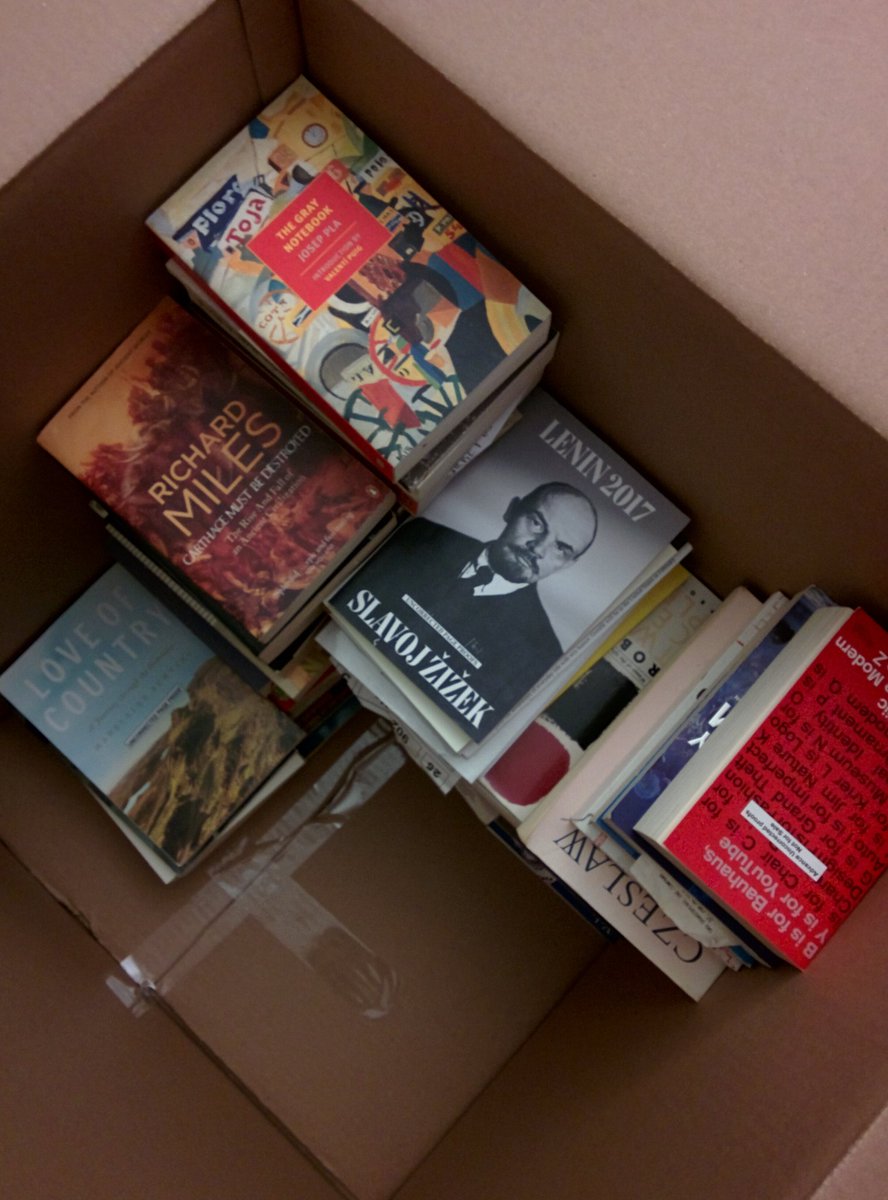
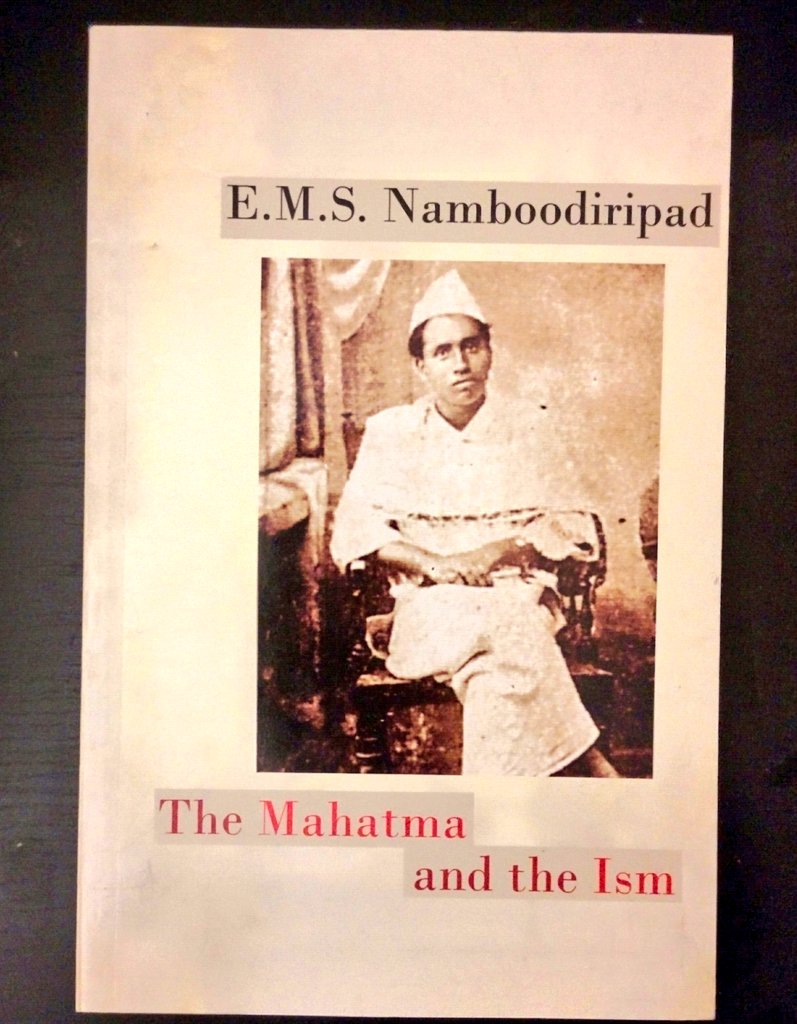
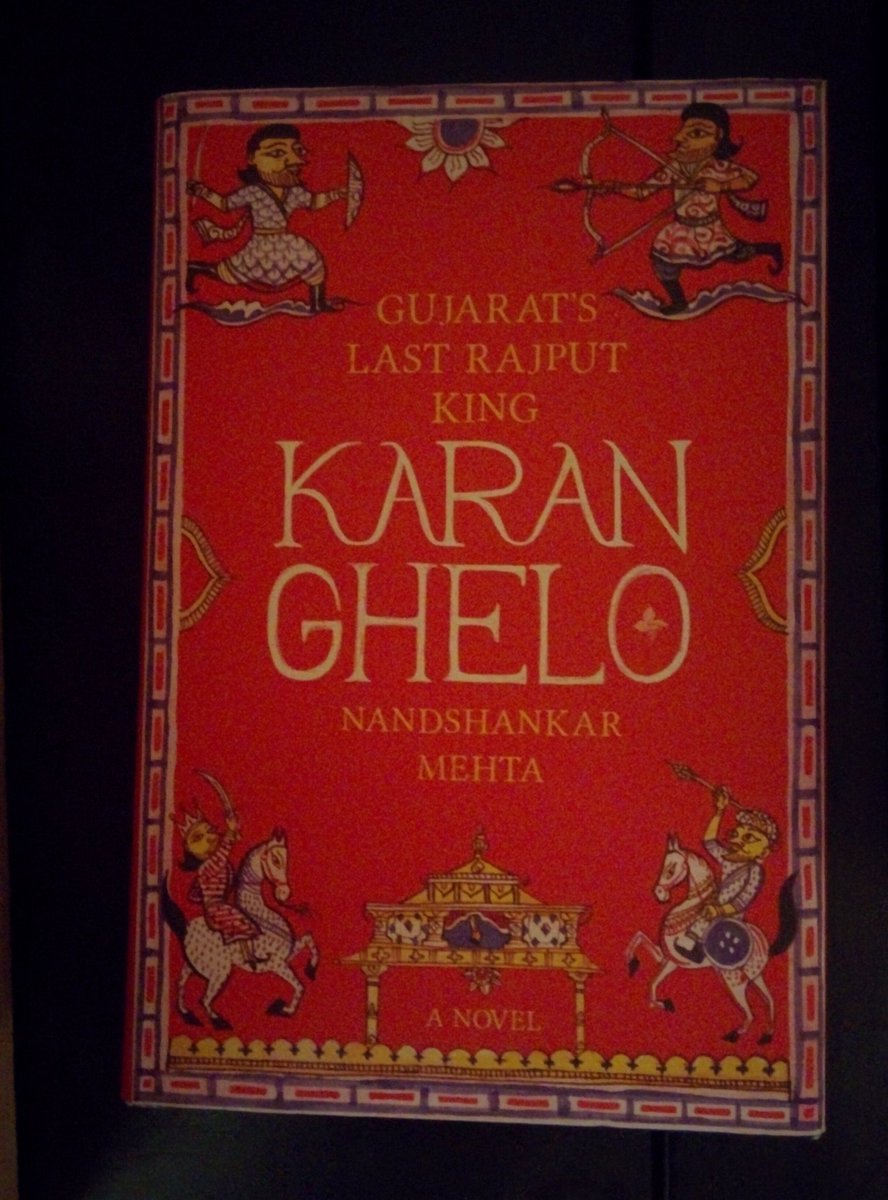
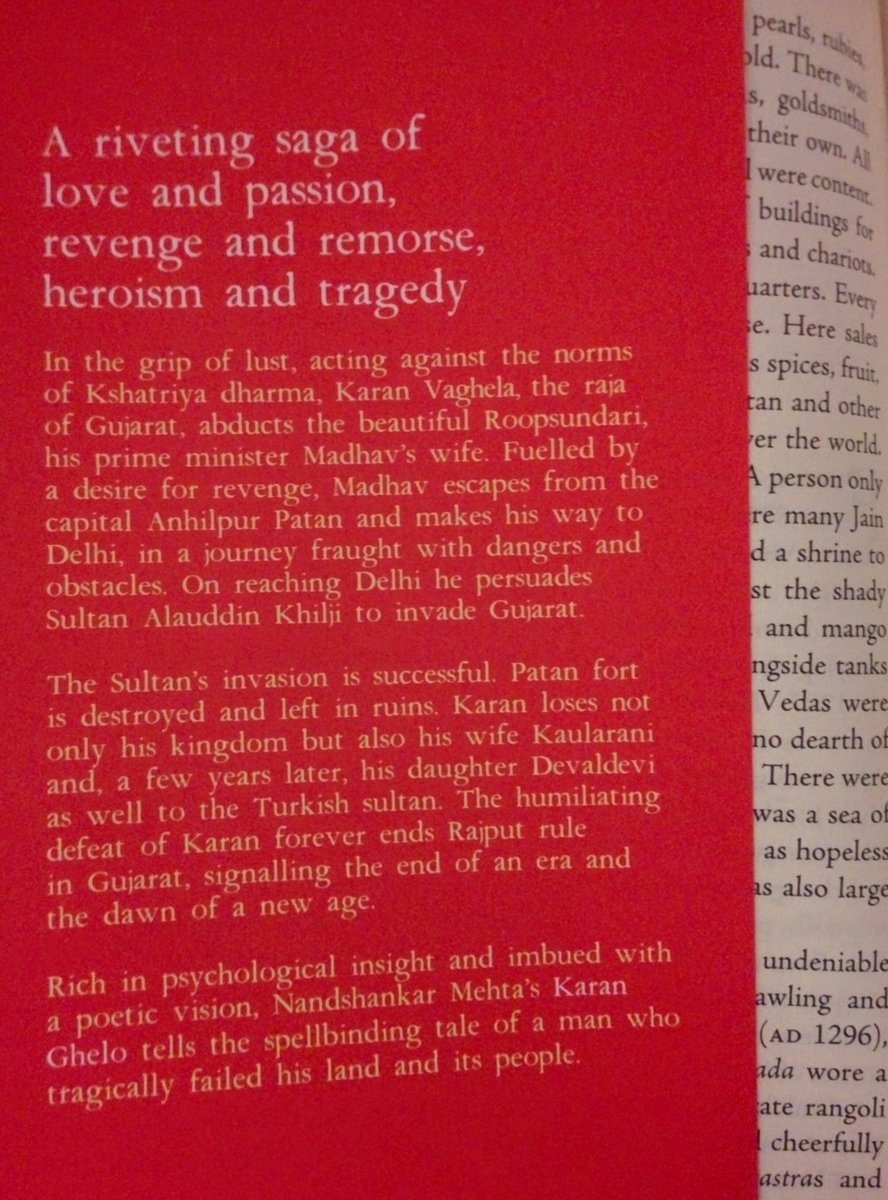
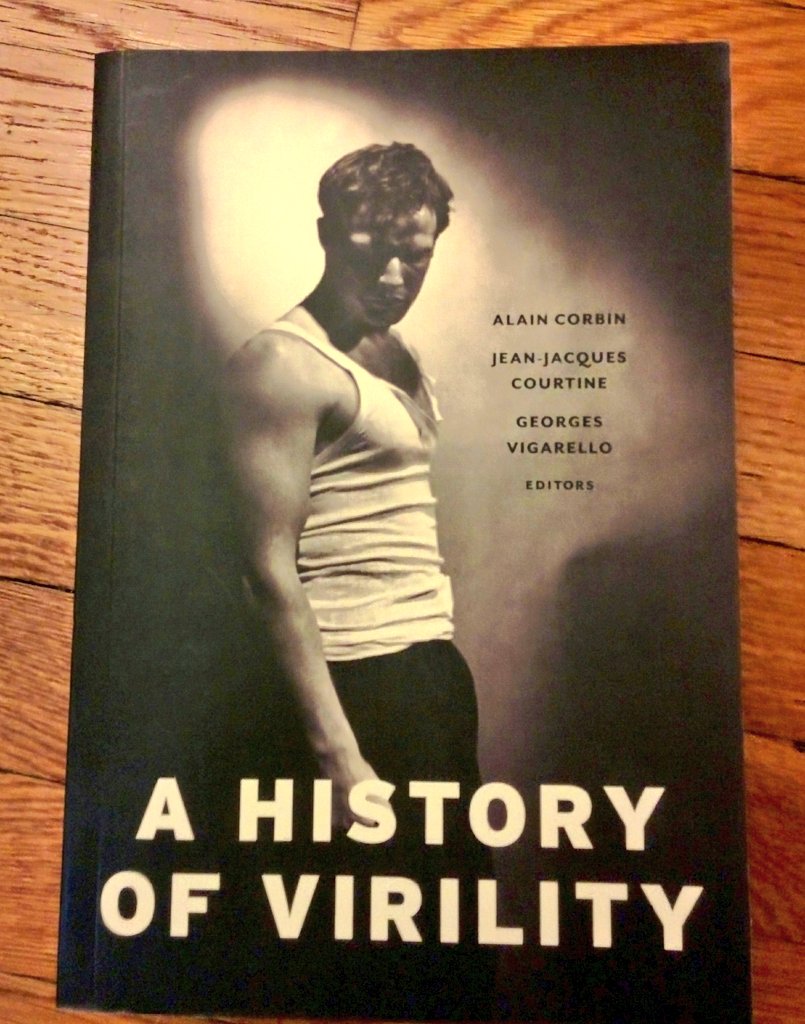
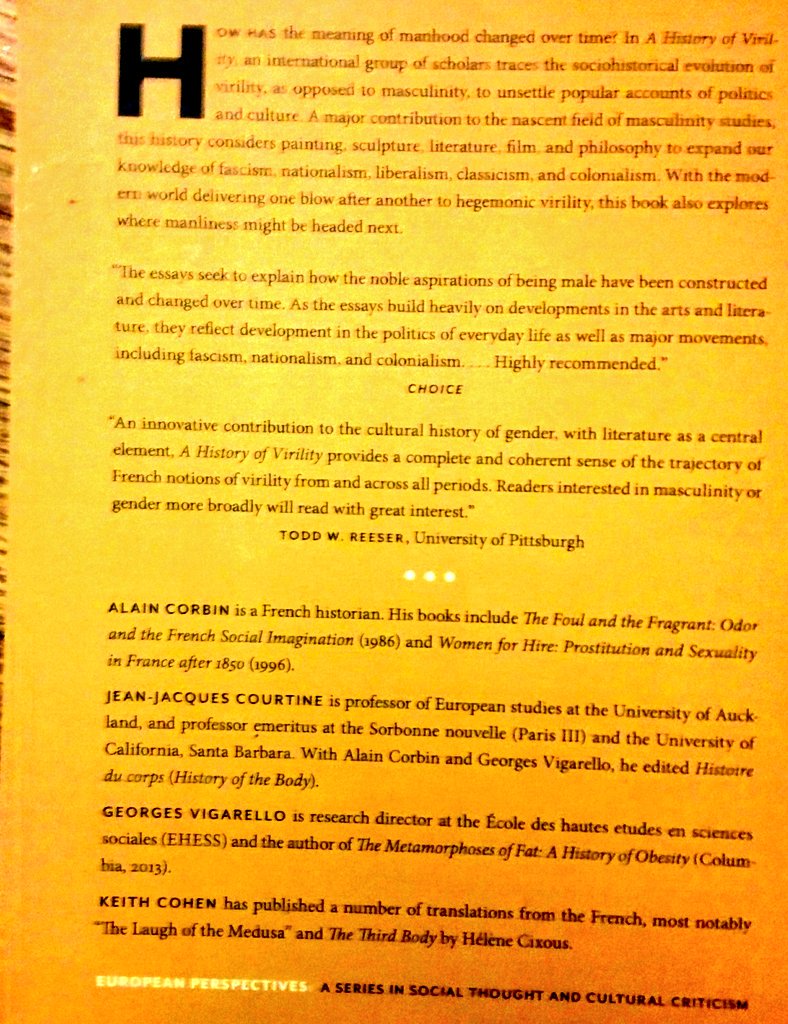
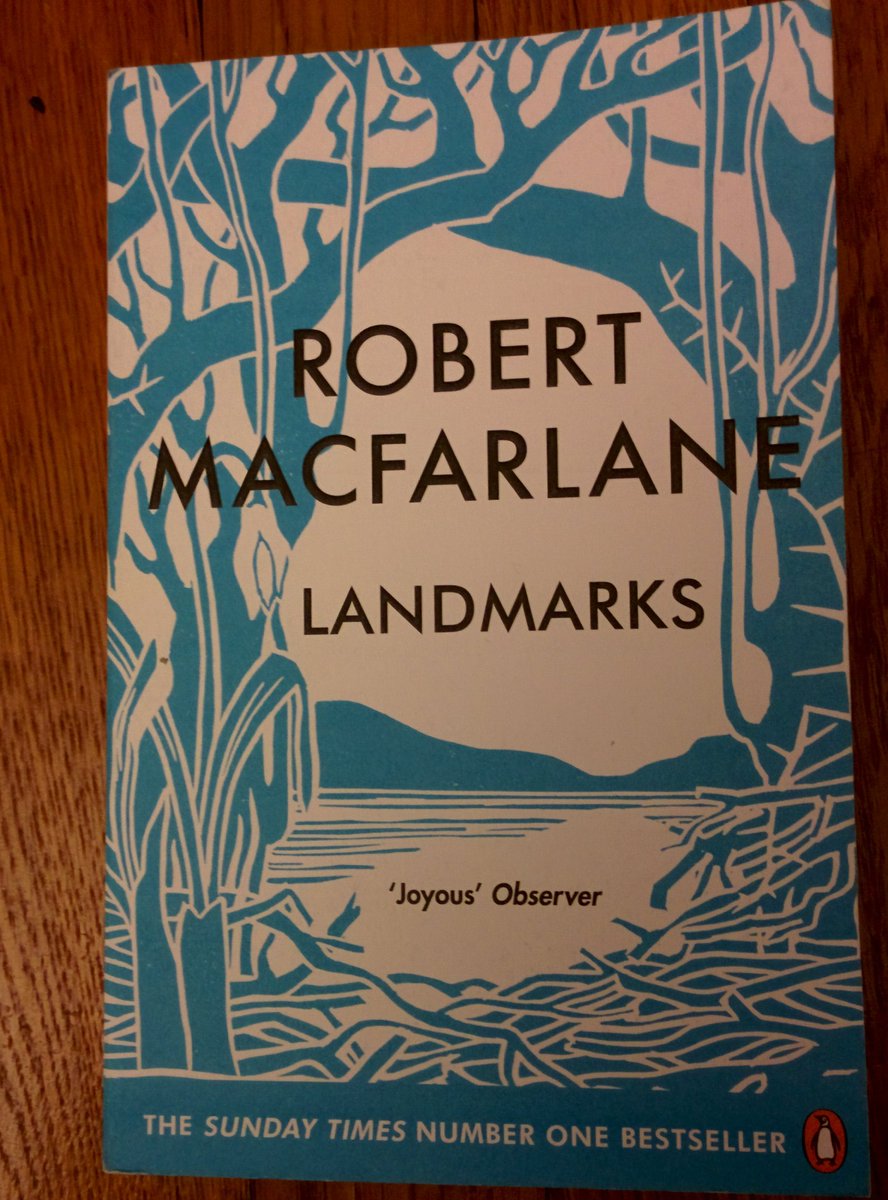
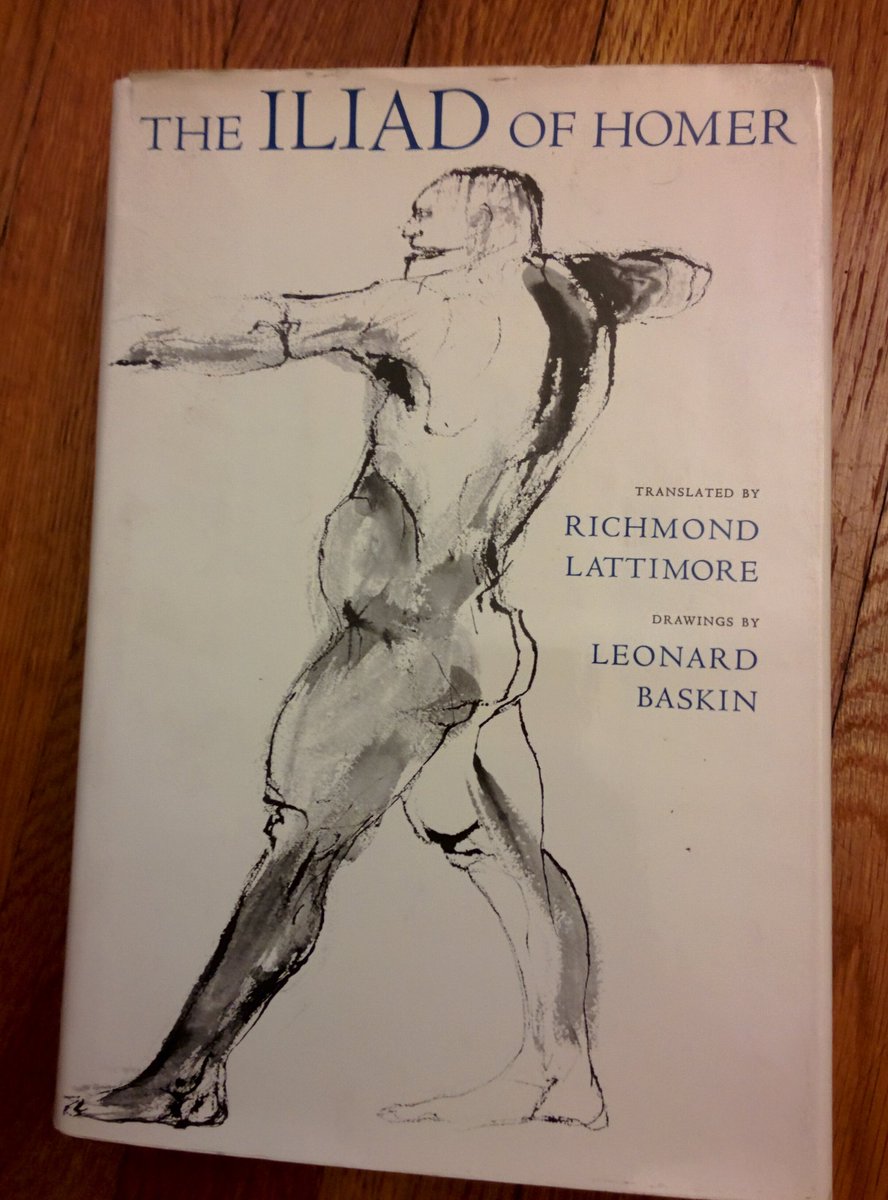
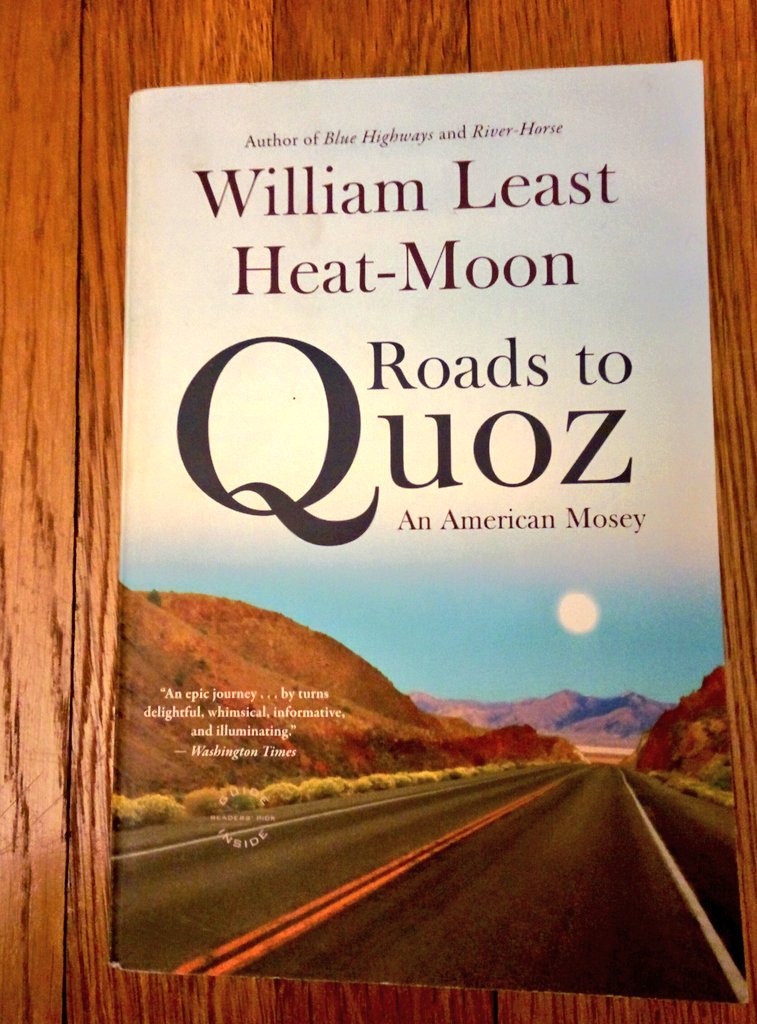
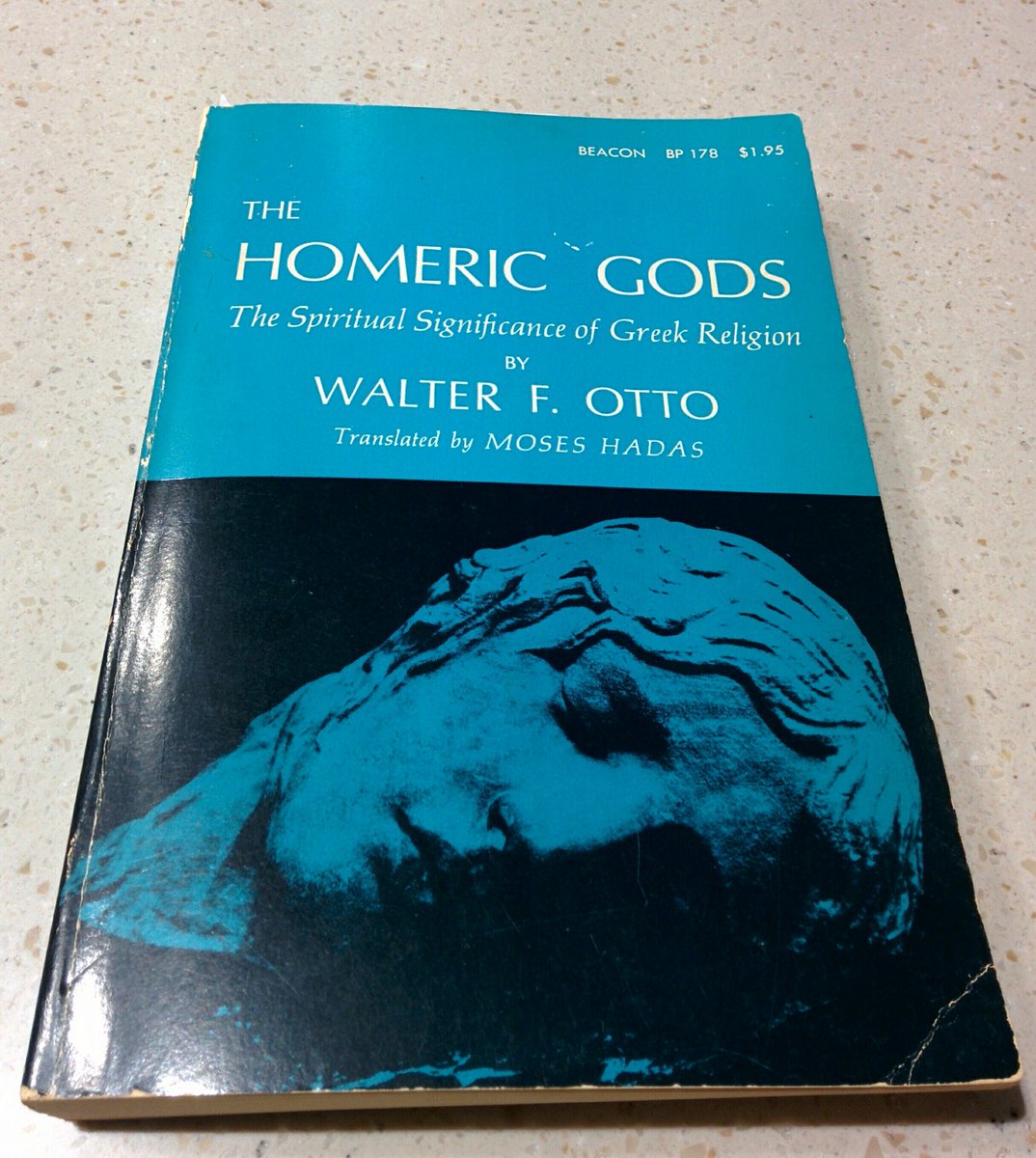
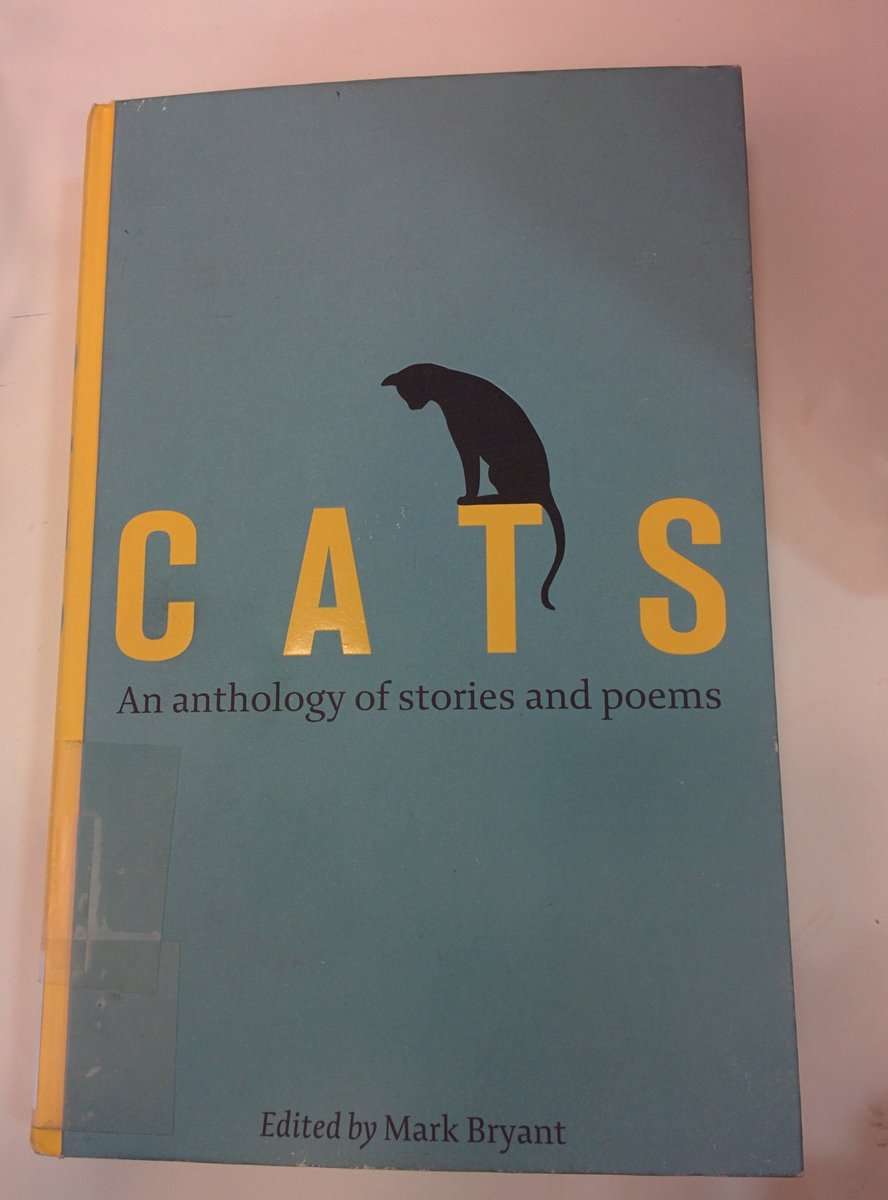
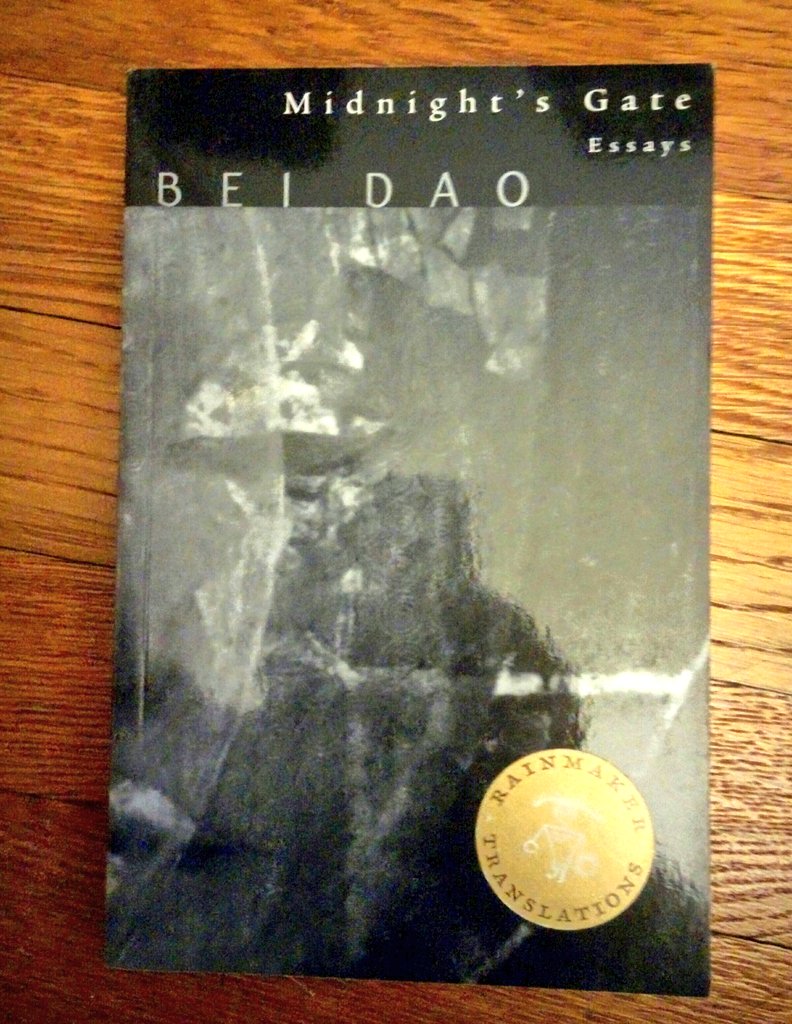
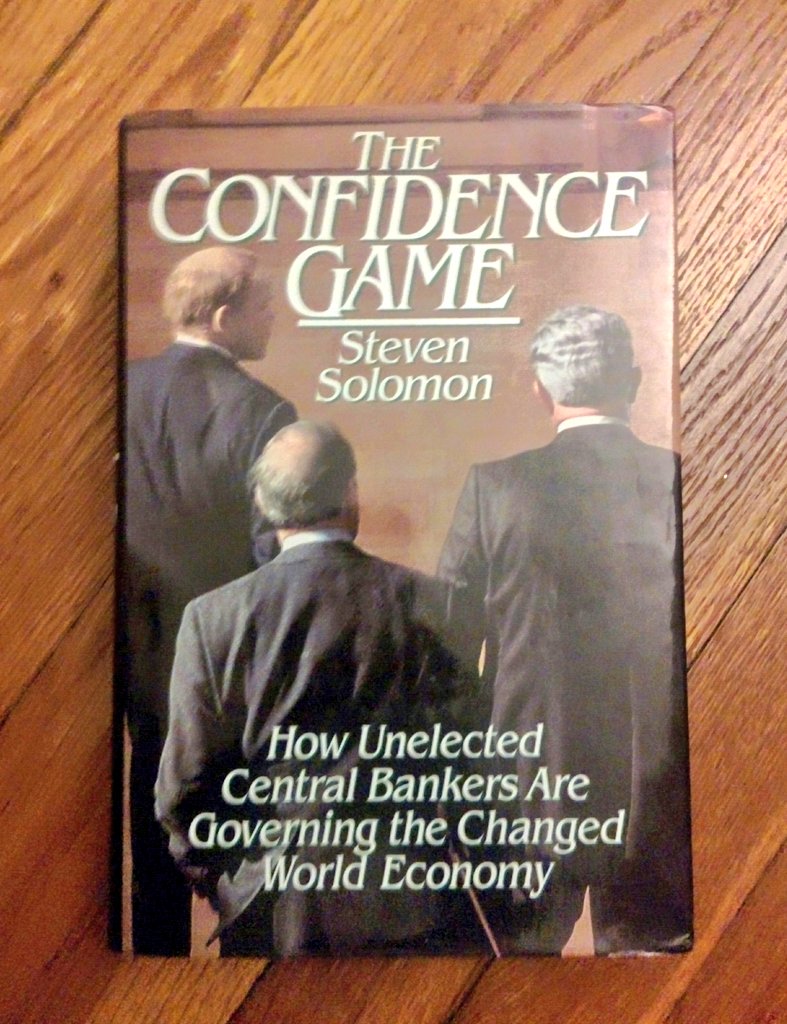
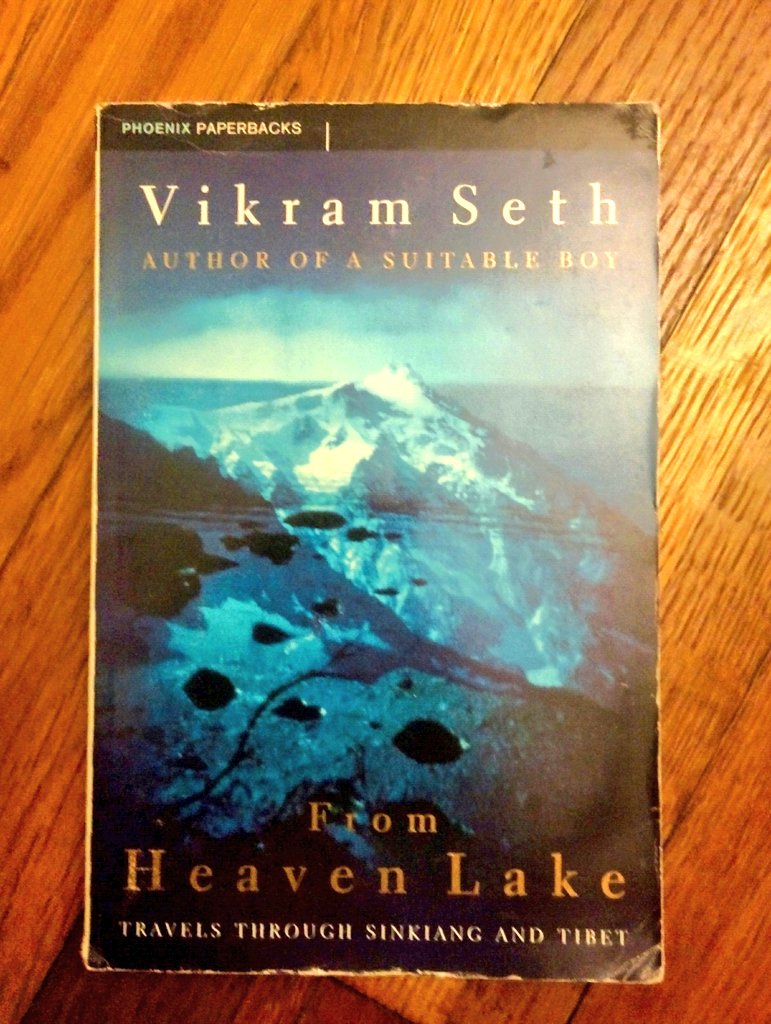
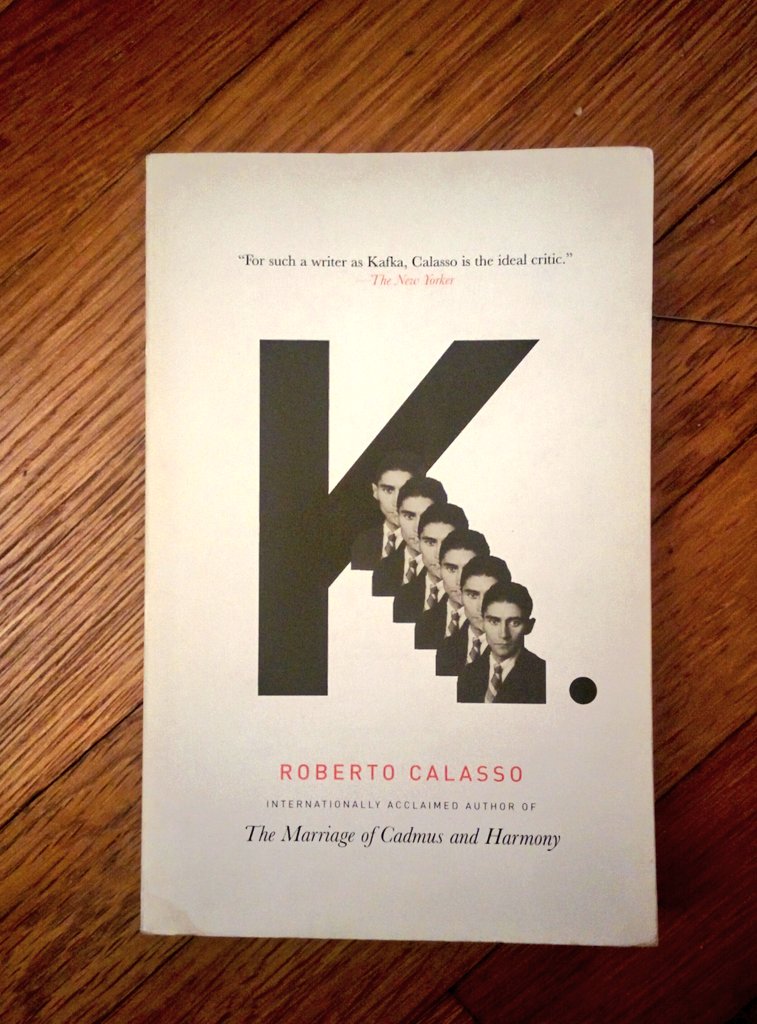
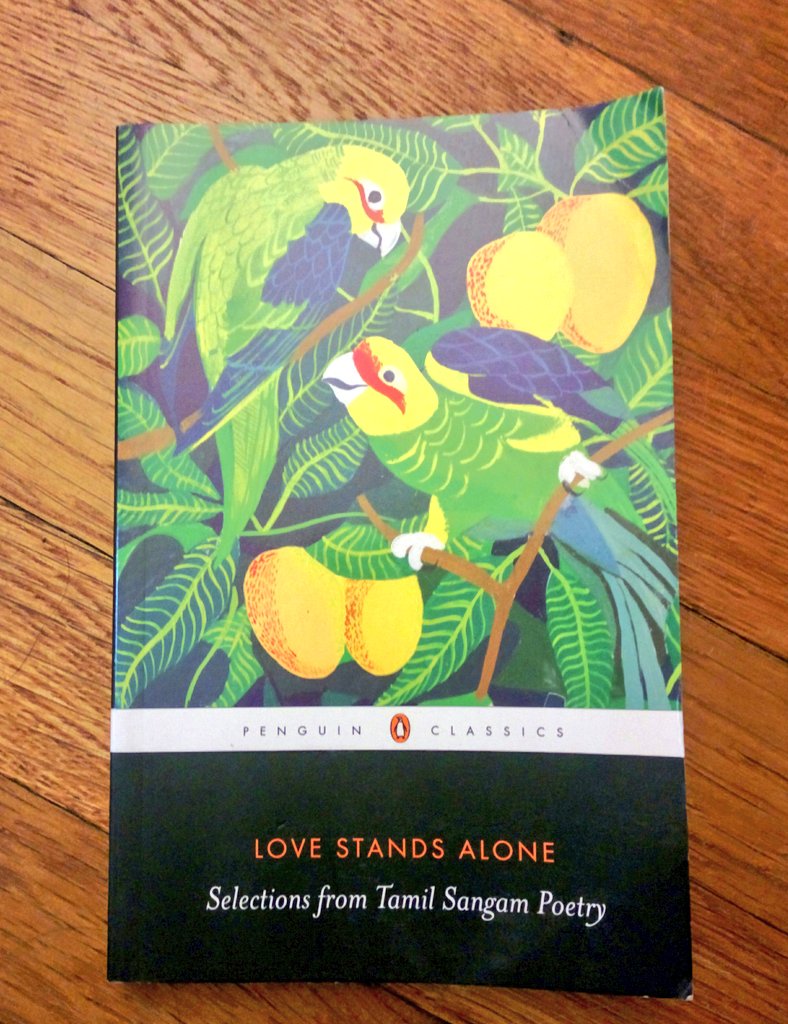
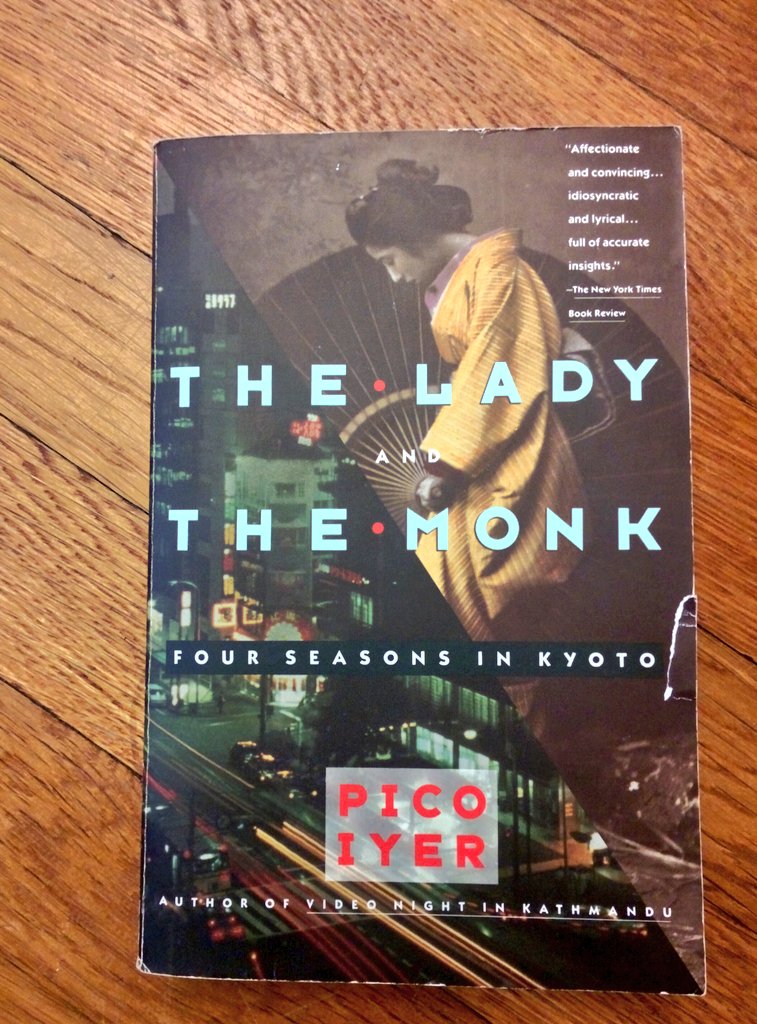
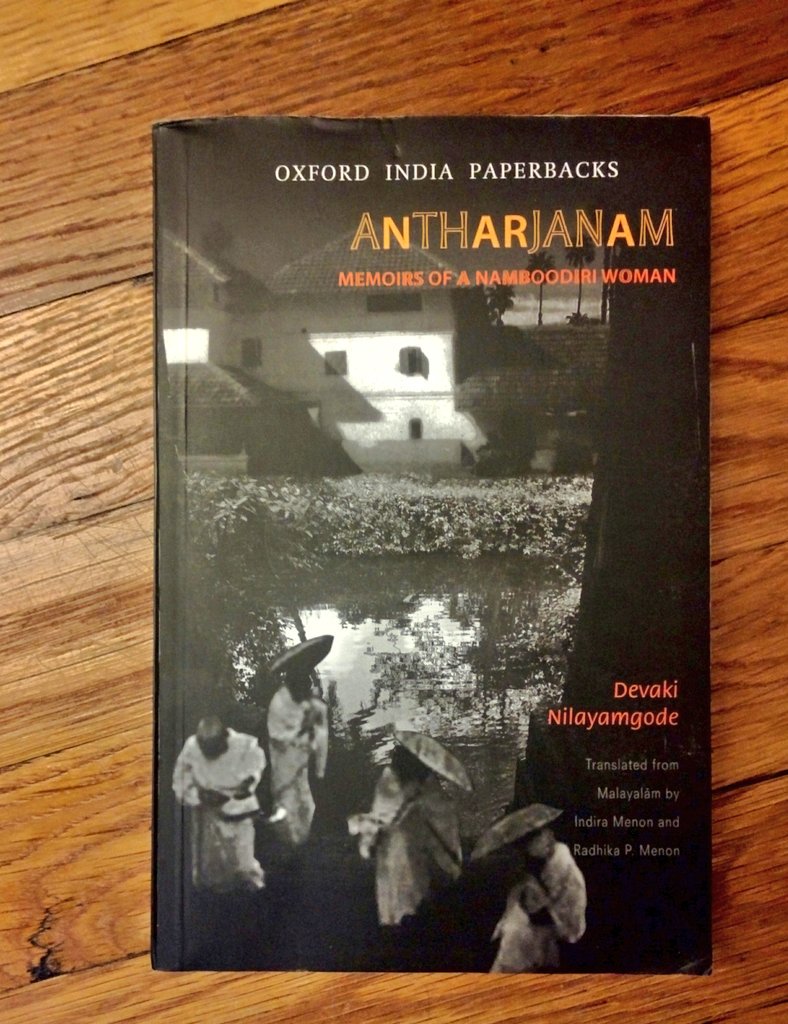
![16. Ink pen drawings by Shri Manohar Devadoss, who saw more of that eternal city with each passing day even as his eye sight failed him. [a book that came about thanks to @nramind & #39;s suggestions & @arvindeye & #39;s generosity and competence ] 16. Ink pen drawings by Shri Manohar Devadoss, who saw more of that eternal city with each passing day even as his eye sight failed him. [a book that came about thanks to @nramind & #39;s suggestions & @arvindeye & #39;s generosity and competence ]](https://pbs.twimg.com/media/DZJXbNfX4AAOziO.jpg)
![16. Ink pen drawings by Shri Manohar Devadoss, who saw more of that eternal city with each passing day even as his eye sight failed him. [a book that came about thanks to @nramind & #39;s suggestions & @arvindeye & #39;s generosity and competence ] 16. Ink pen drawings by Shri Manohar Devadoss, who saw more of that eternal city with each passing day even as his eye sight failed him. [a book that came about thanks to @nramind & #39;s suggestions & @arvindeye & #39;s generosity and competence ]](https://pbs.twimg.com/media/DZJXb3rXcAEhLYk.jpg)
![16. Ink pen drawings by Shri Manohar Devadoss, who saw more of that eternal city with each passing day even as his eye sight failed him. [a book that came about thanks to @nramind & #39;s suggestions & @arvindeye & #39;s generosity and competence ] 16. Ink pen drawings by Shri Manohar Devadoss, who saw more of that eternal city with each passing day even as his eye sight failed him. [a book that came about thanks to @nramind & #39;s suggestions & @arvindeye & #39;s generosity and competence ]](https://pbs.twimg.com/media/DZJXcuxXkAEJMbY.jpg)
![16. Ink pen drawings by Shri Manohar Devadoss, who saw more of that eternal city with each passing day even as his eye sight failed him. [a book that came about thanks to @nramind & #39;s suggestions & @arvindeye & #39;s generosity and competence ] 16. Ink pen drawings by Shri Manohar Devadoss, who saw more of that eternal city with each passing day even as his eye sight failed him. [a book that came about thanks to @nramind & #39;s suggestions & @arvindeye & #39;s generosity and competence ]](https://pbs.twimg.com/media/DZJXdcLXkAAQp_s.jpg)
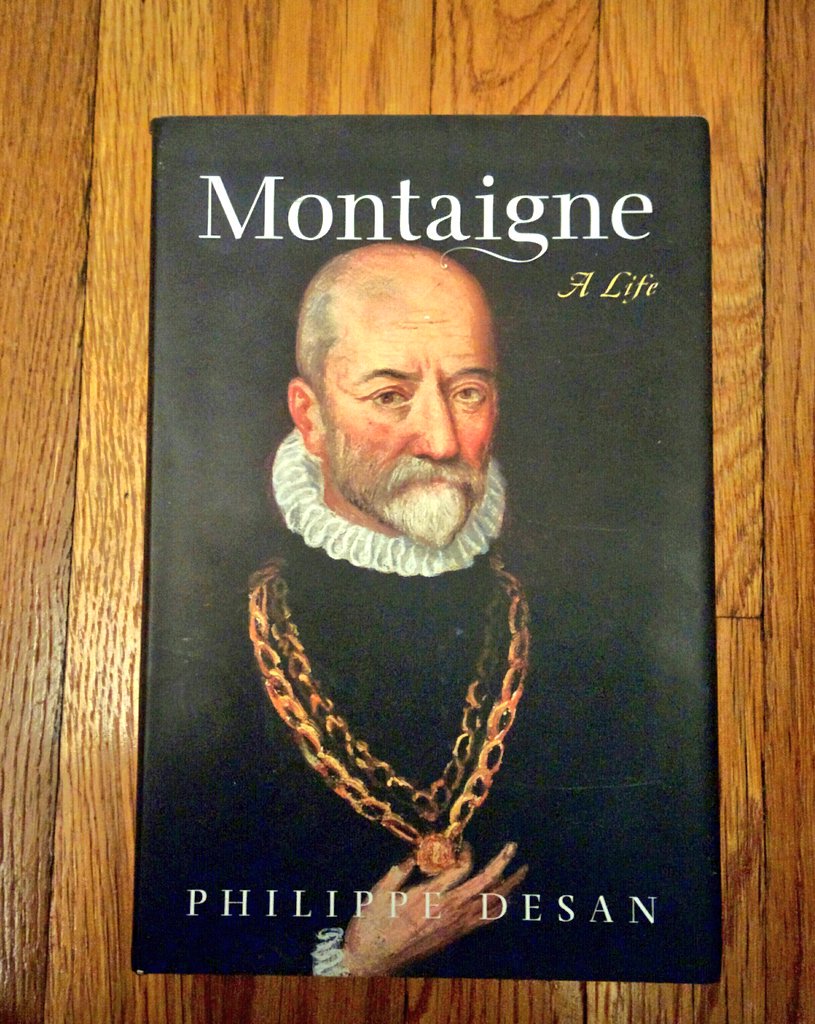
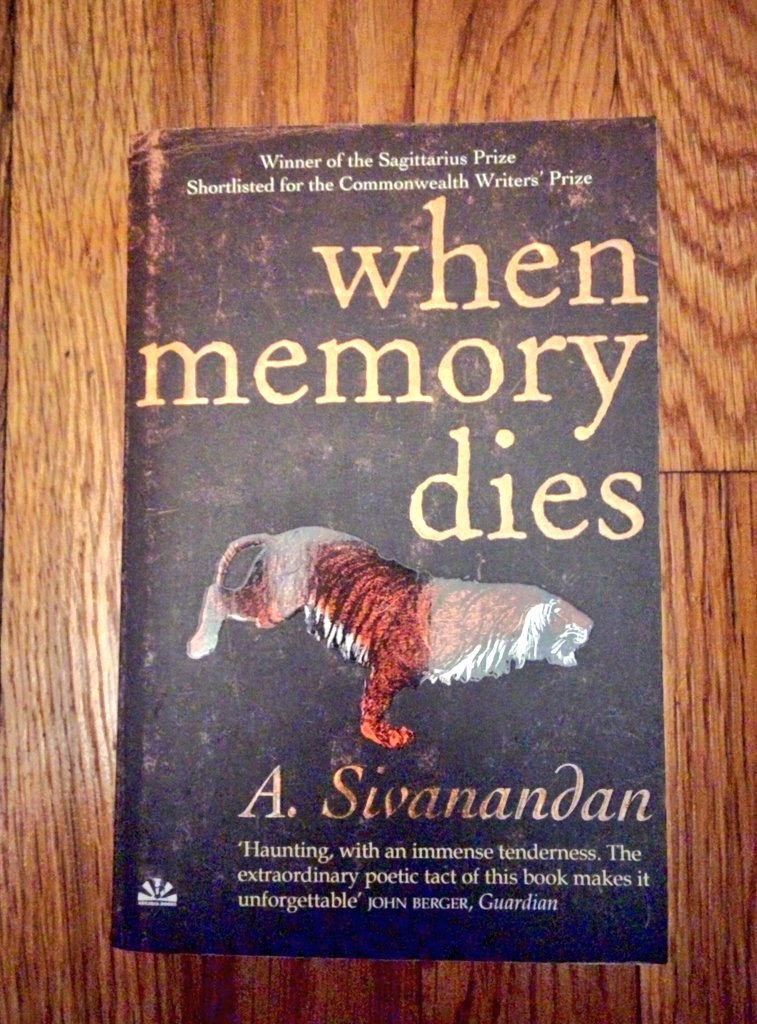
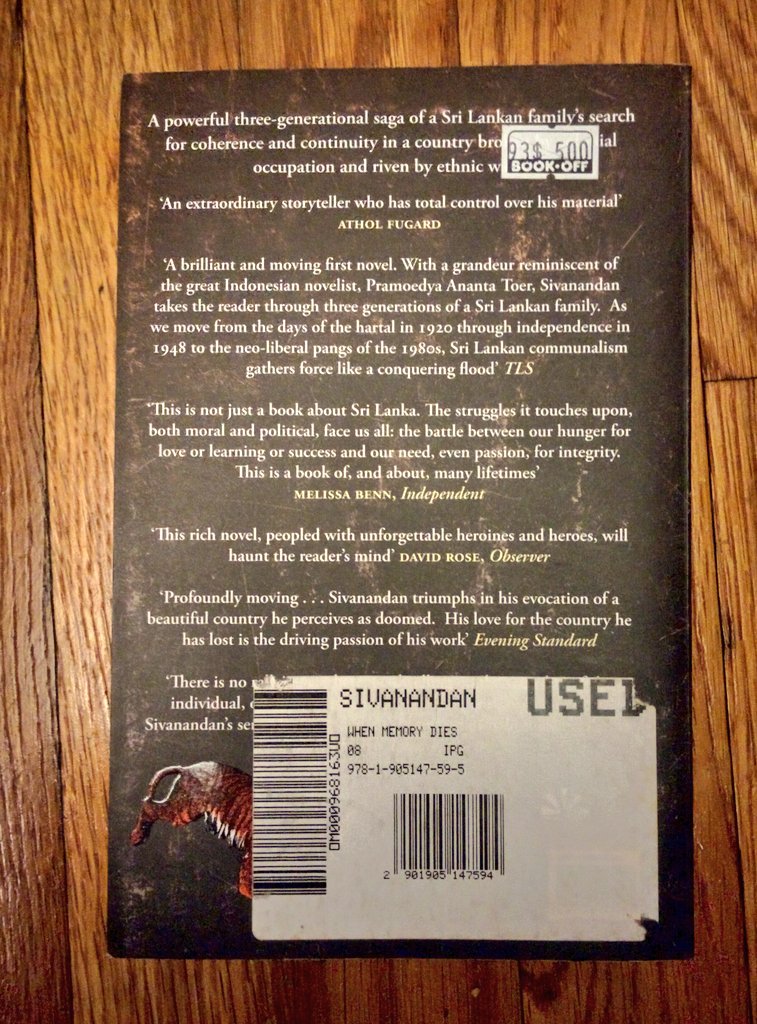
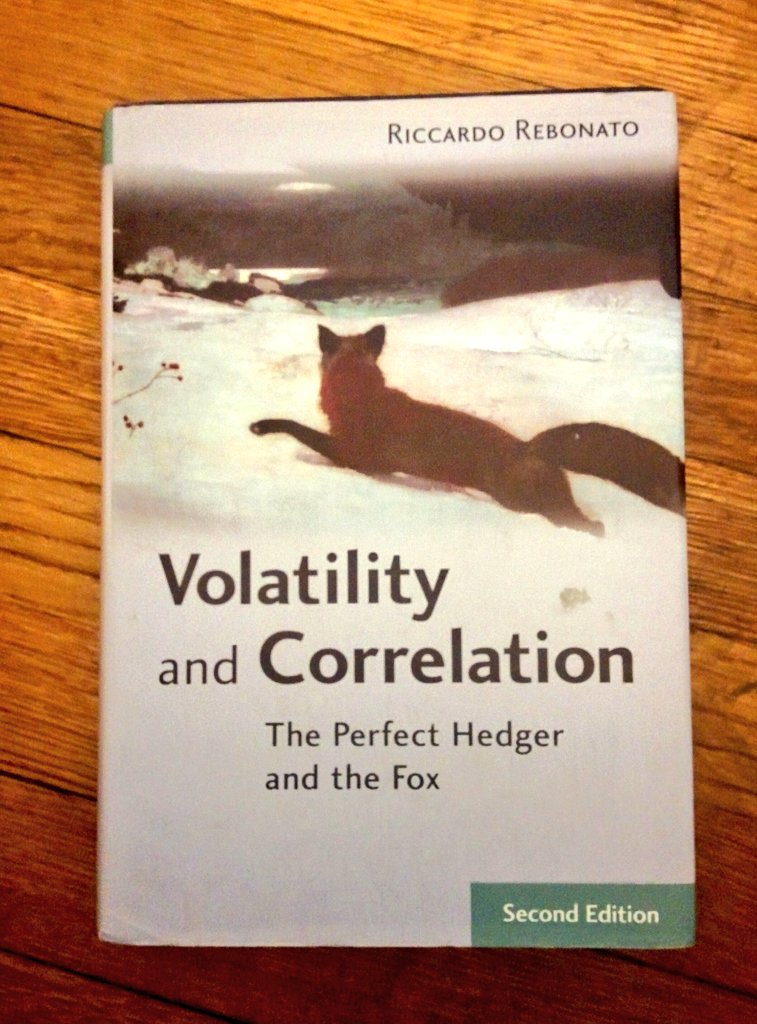

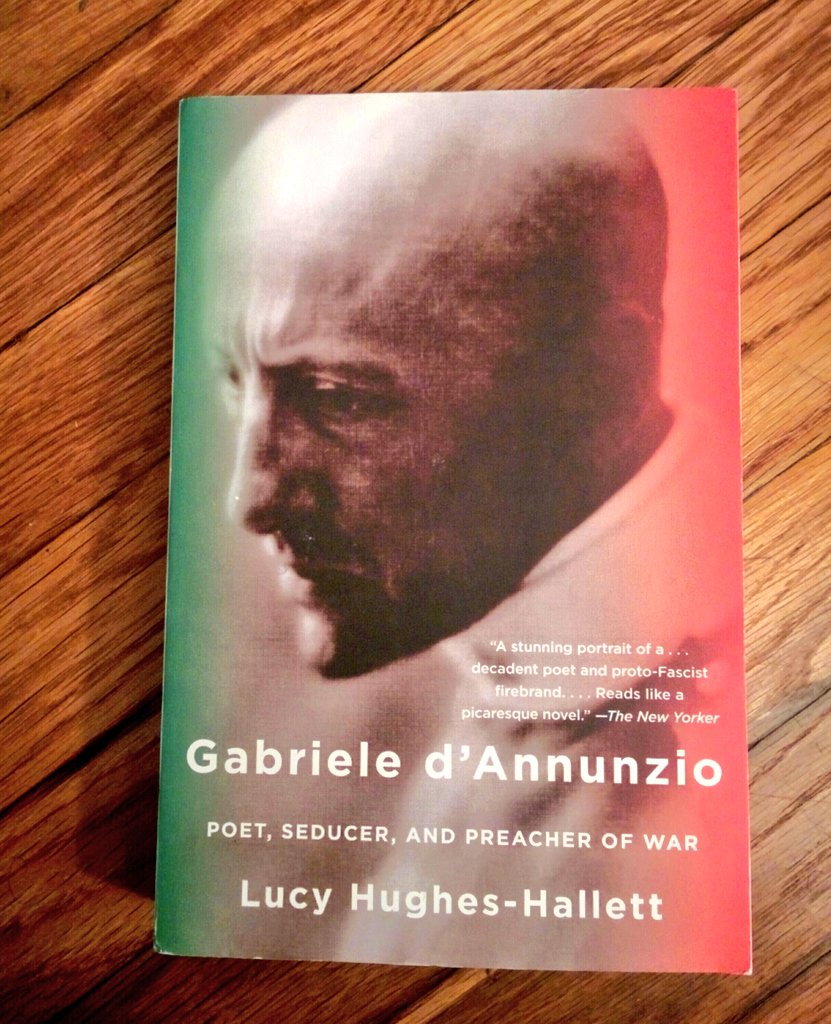
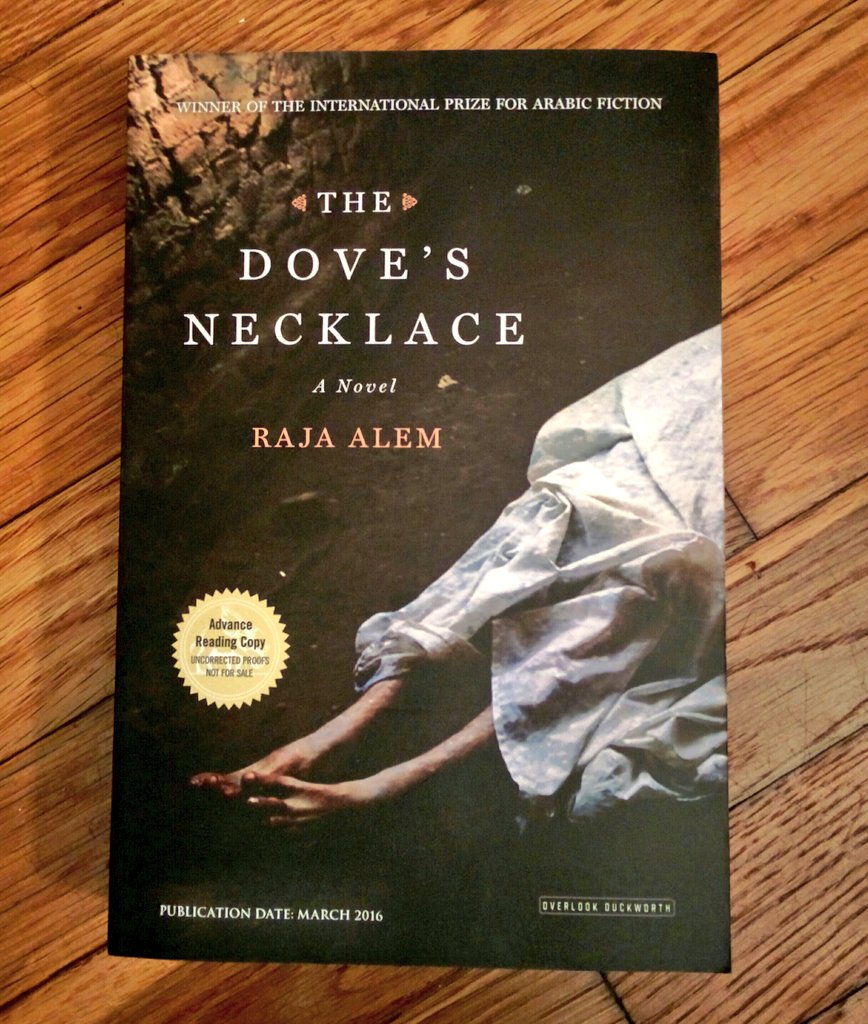
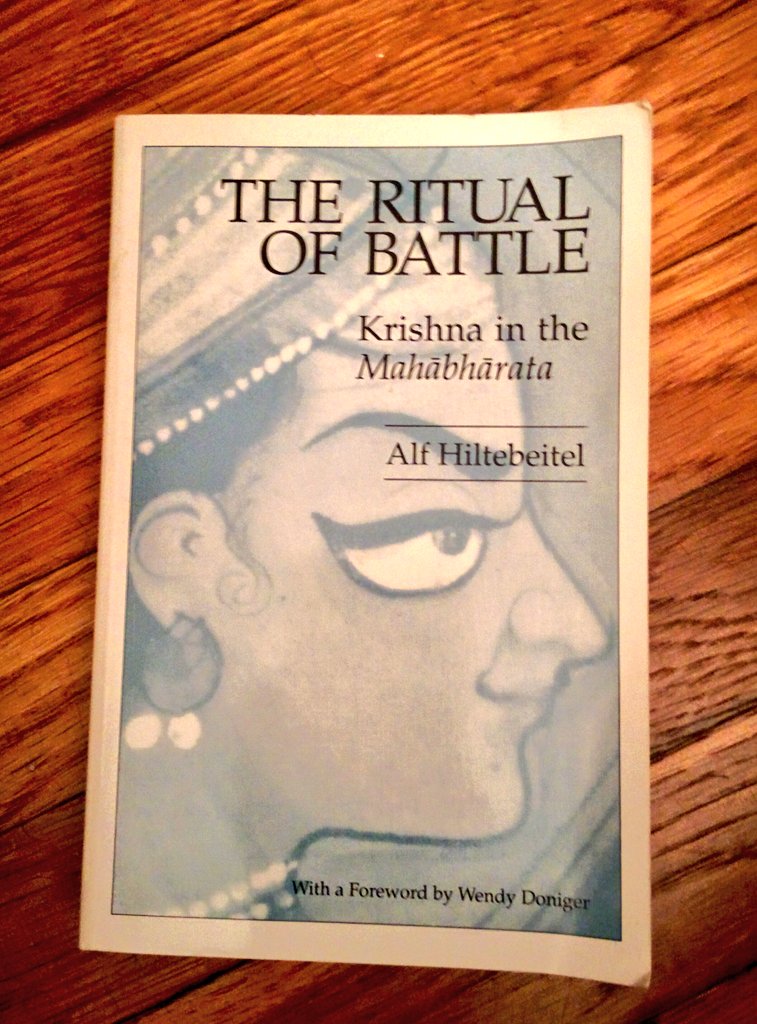
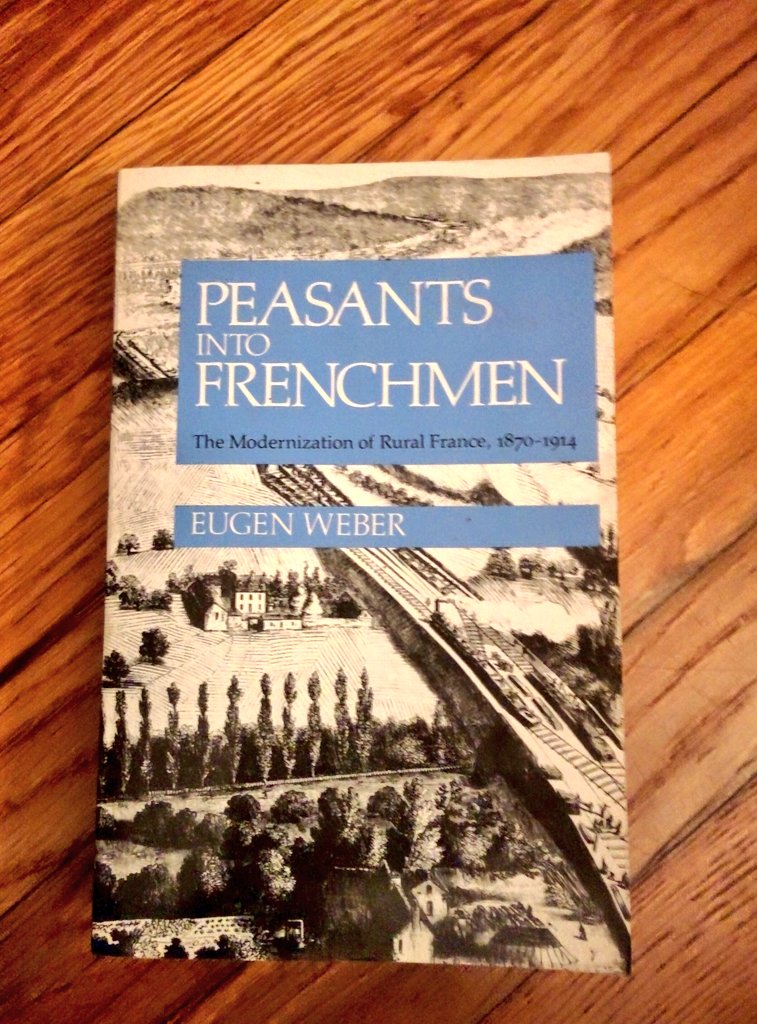
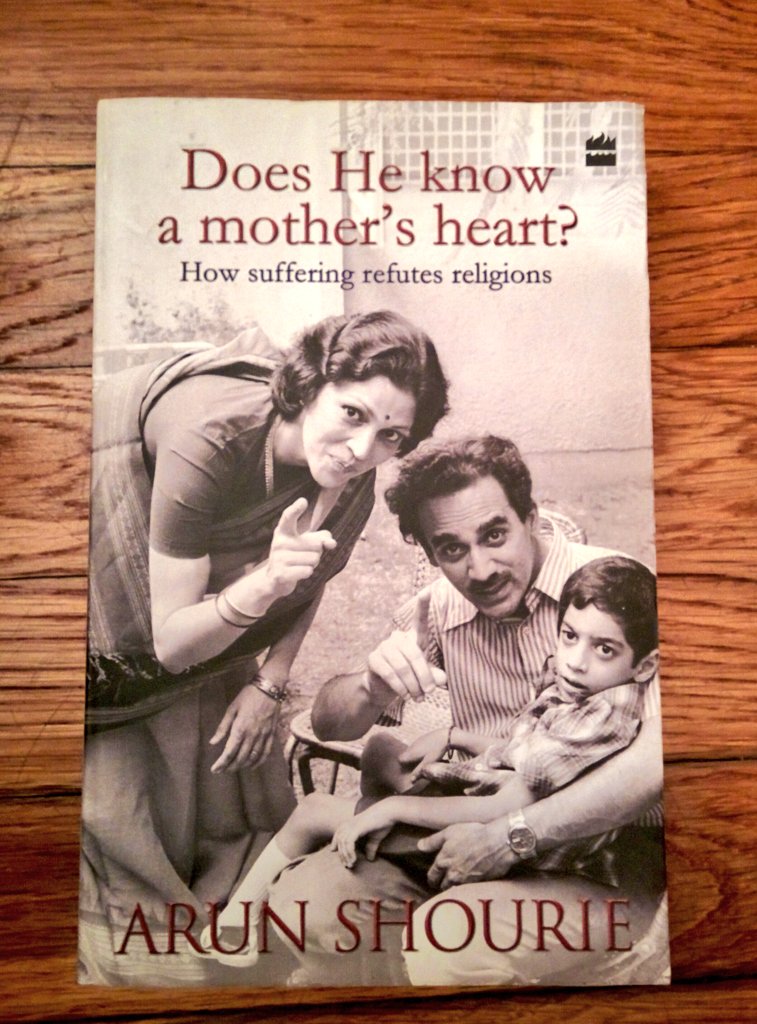
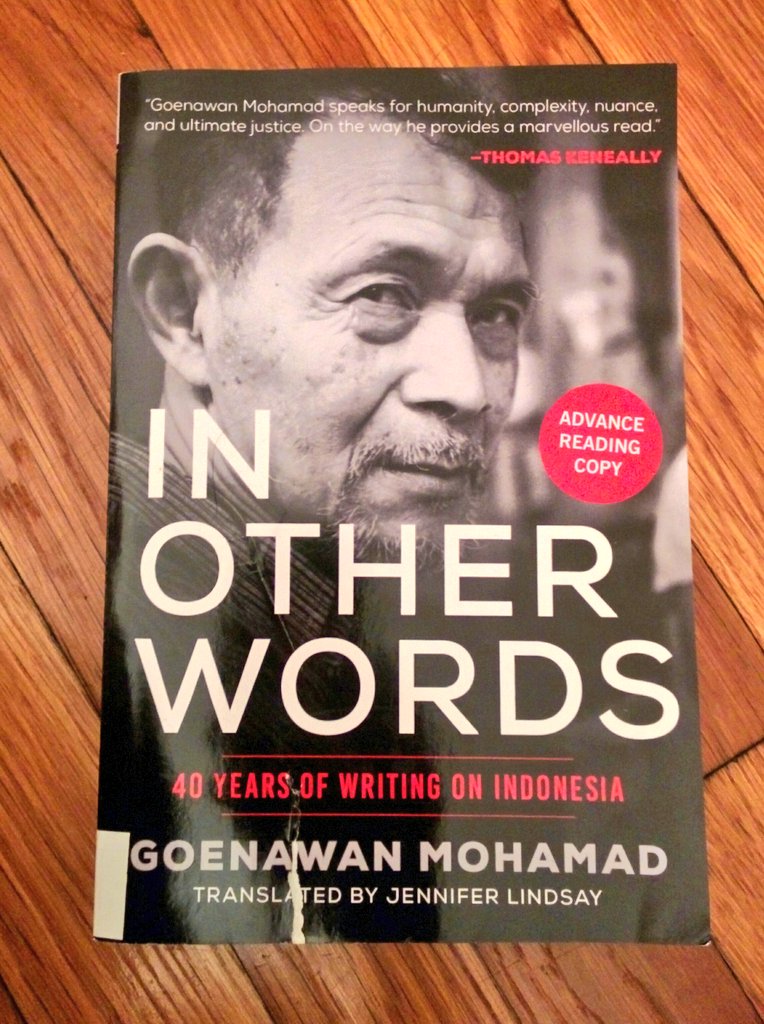
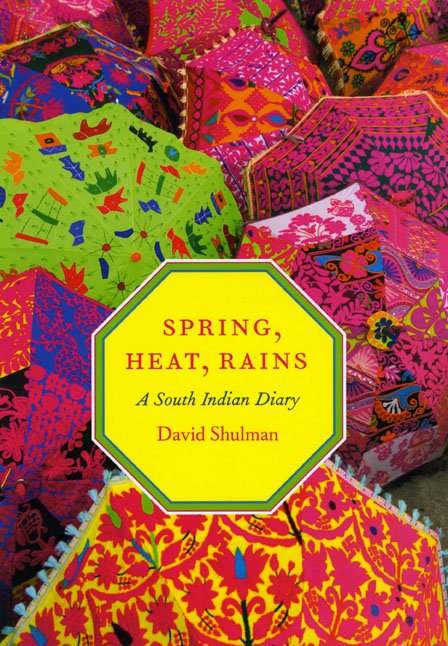
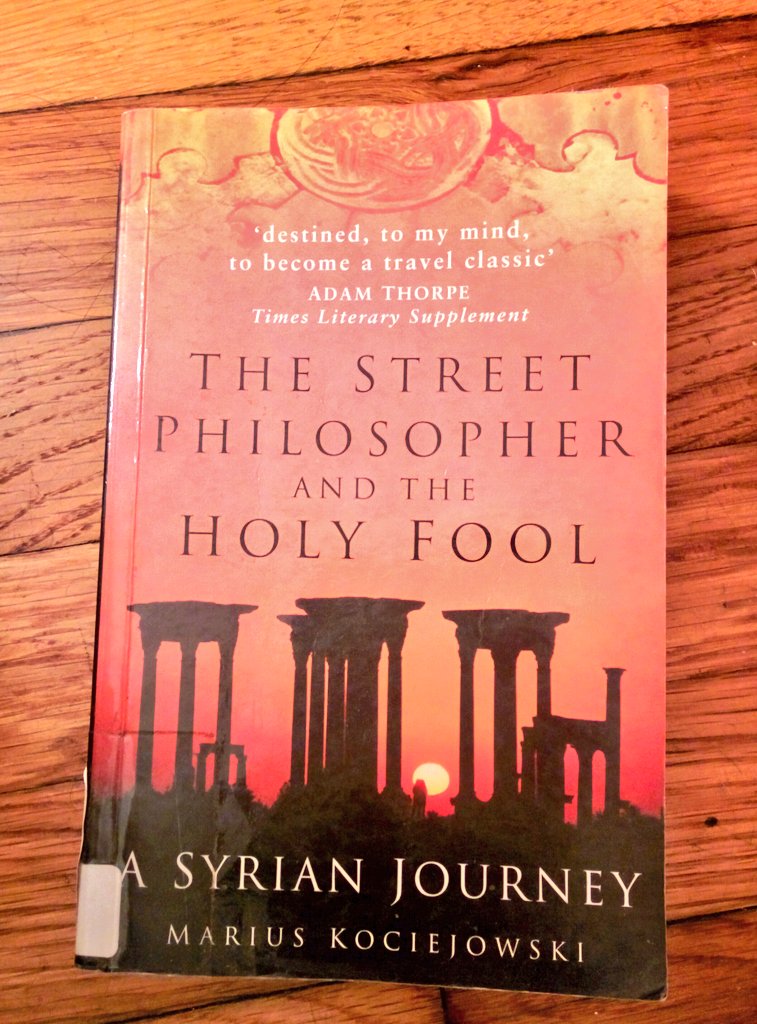
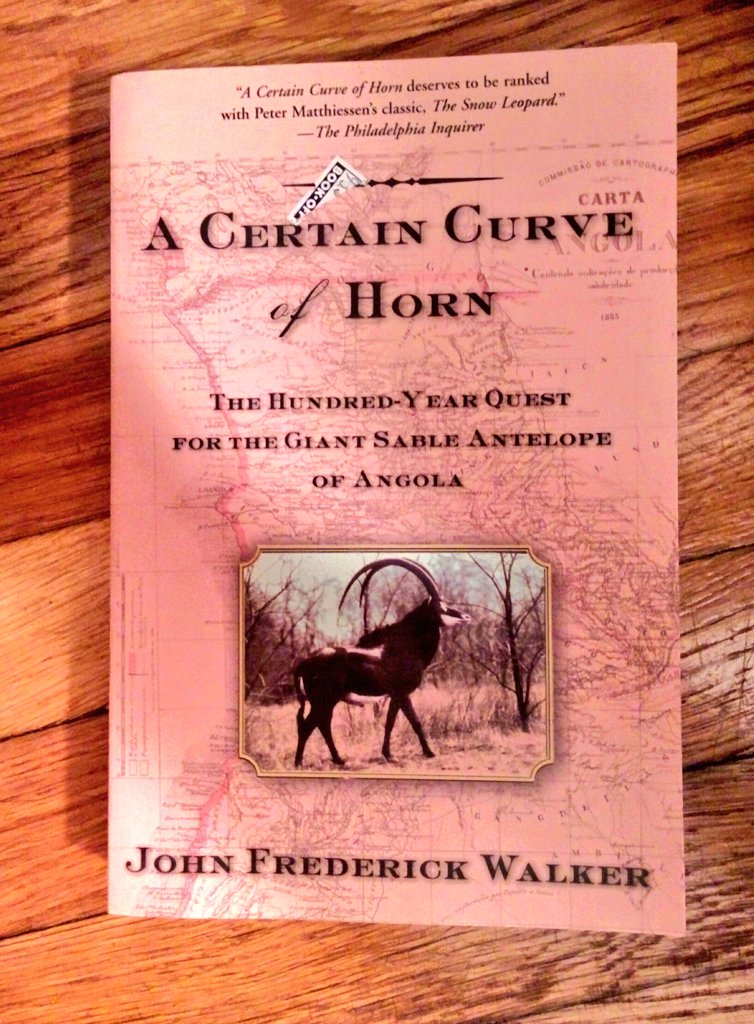
![30. How to summarize a life time of thinking and writing about forces historical inertia, & #39;conjunctures& #39;, and rapid changes into less than 100pages. An adaptation of Braudel& #39;s mid 1970s lecture in the history department at JohnHopkins. [supposedly there is a video of it as well] 30. How to summarize a life time of thinking and writing about forces historical inertia, & #39;conjunctures& #39;, and rapid changes into less than 100pages. An adaptation of Braudel& #39;s mid 1970s lecture in the history department at JohnHopkins. [supposedly there is a video of it as well]](https://pbs.twimg.com/media/DcWY6-jX4AECON3.jpg)



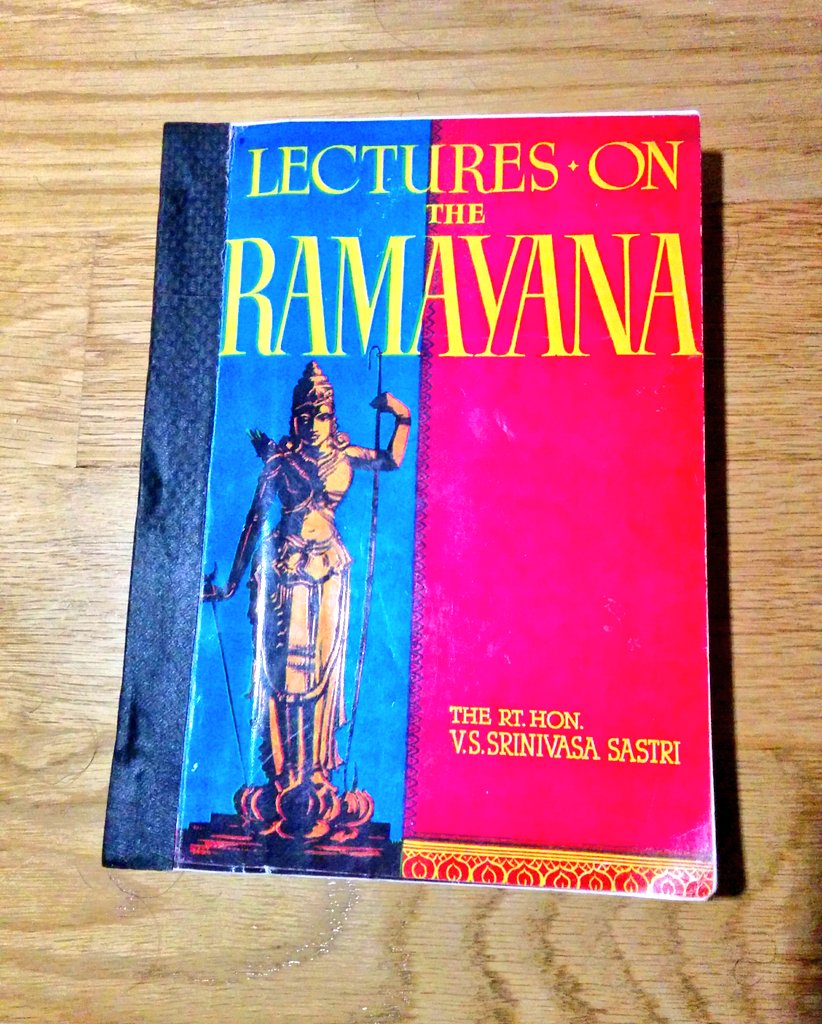
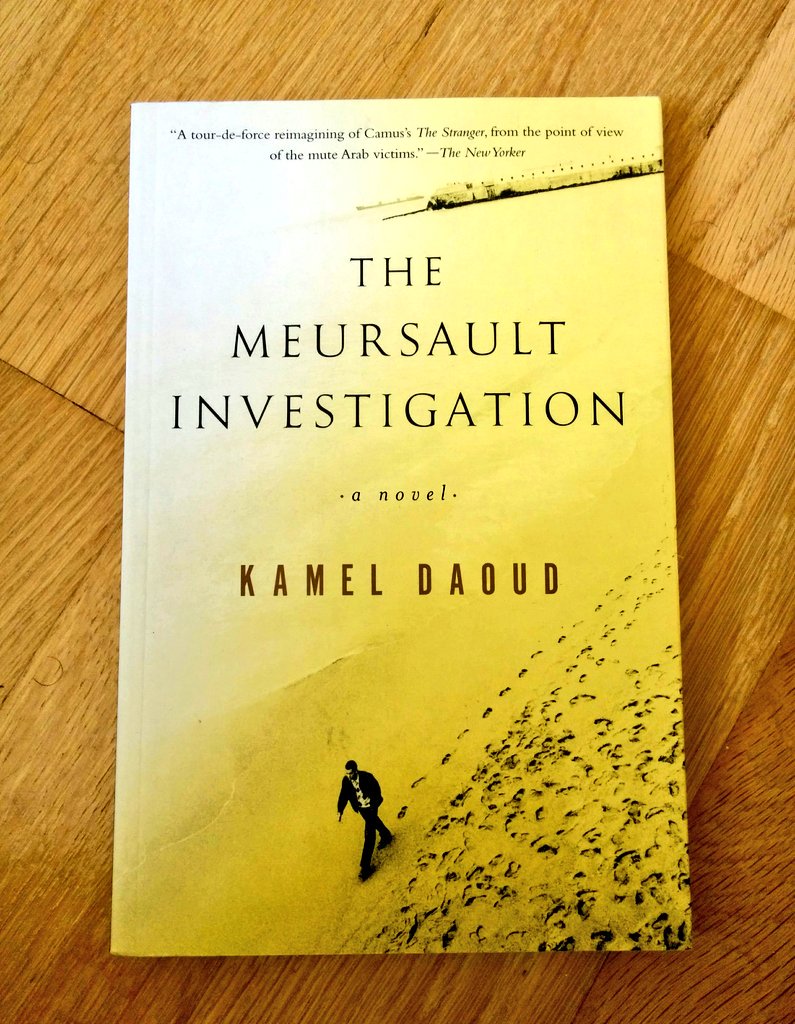
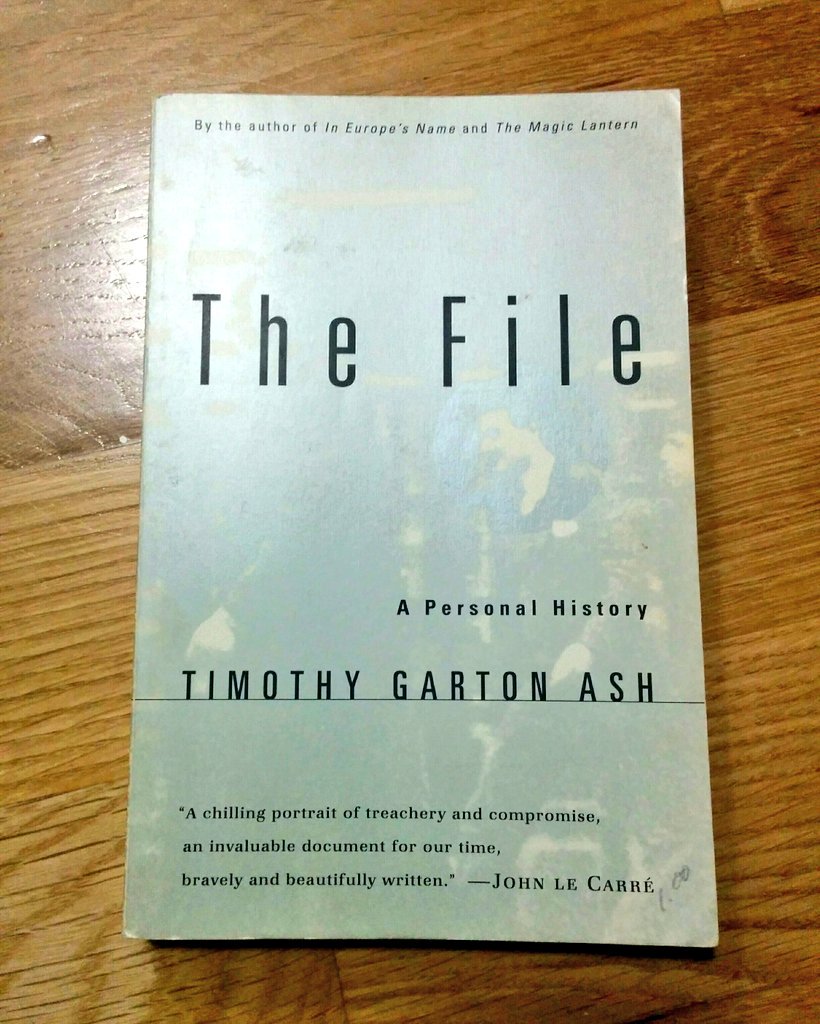

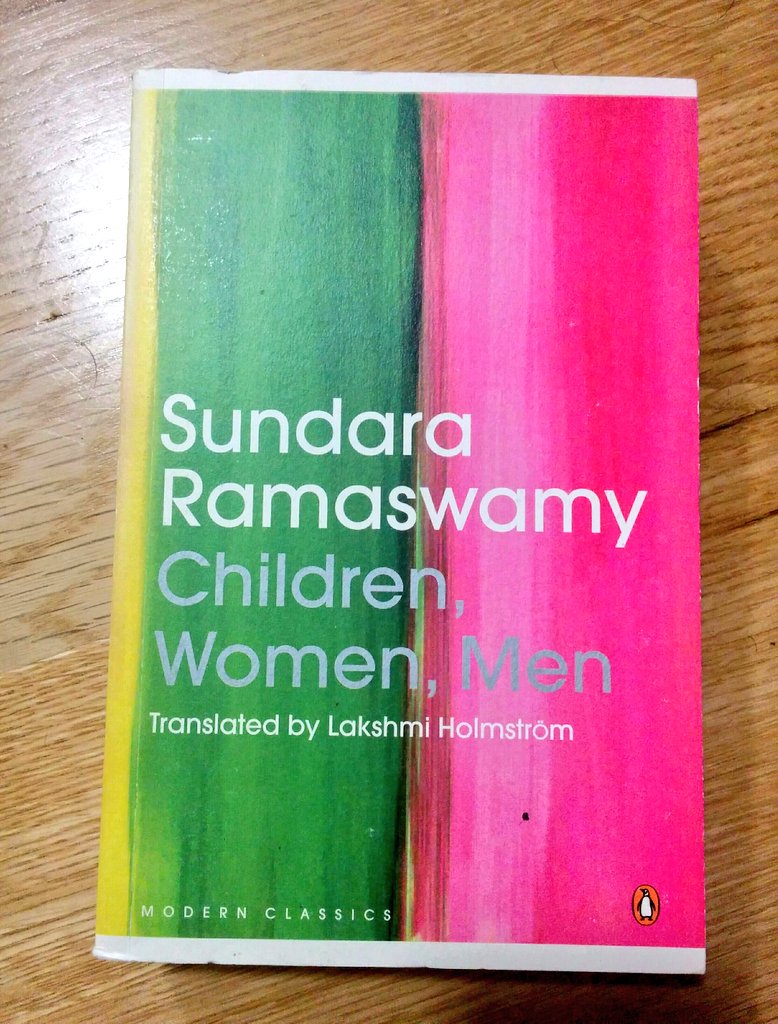

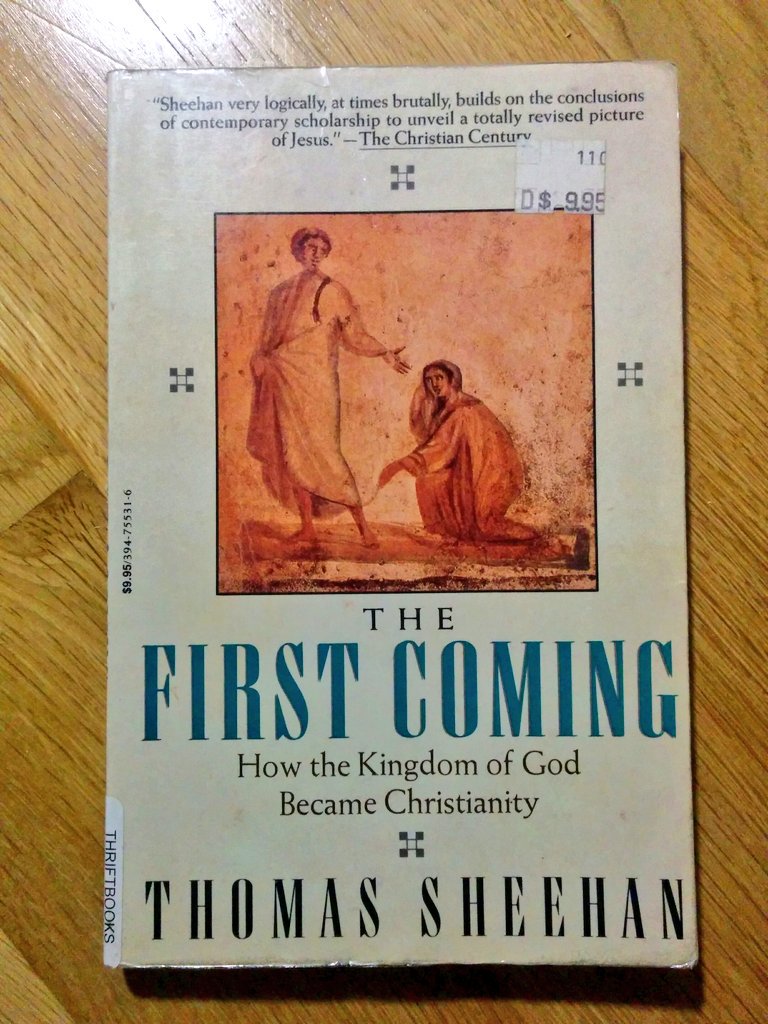
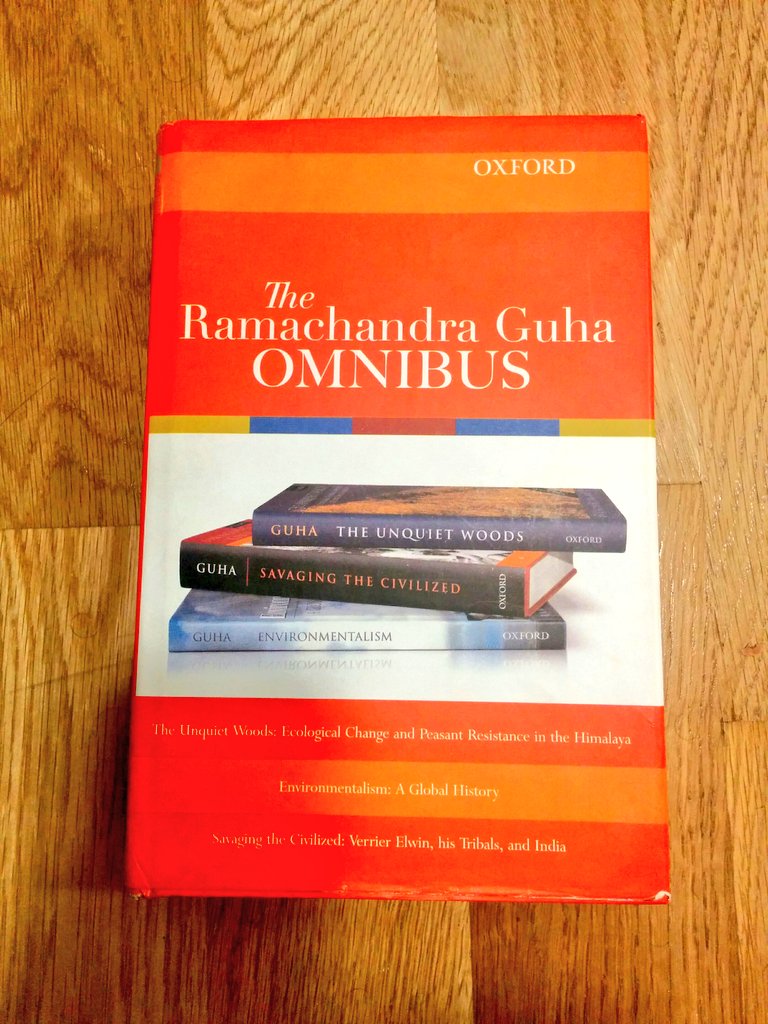
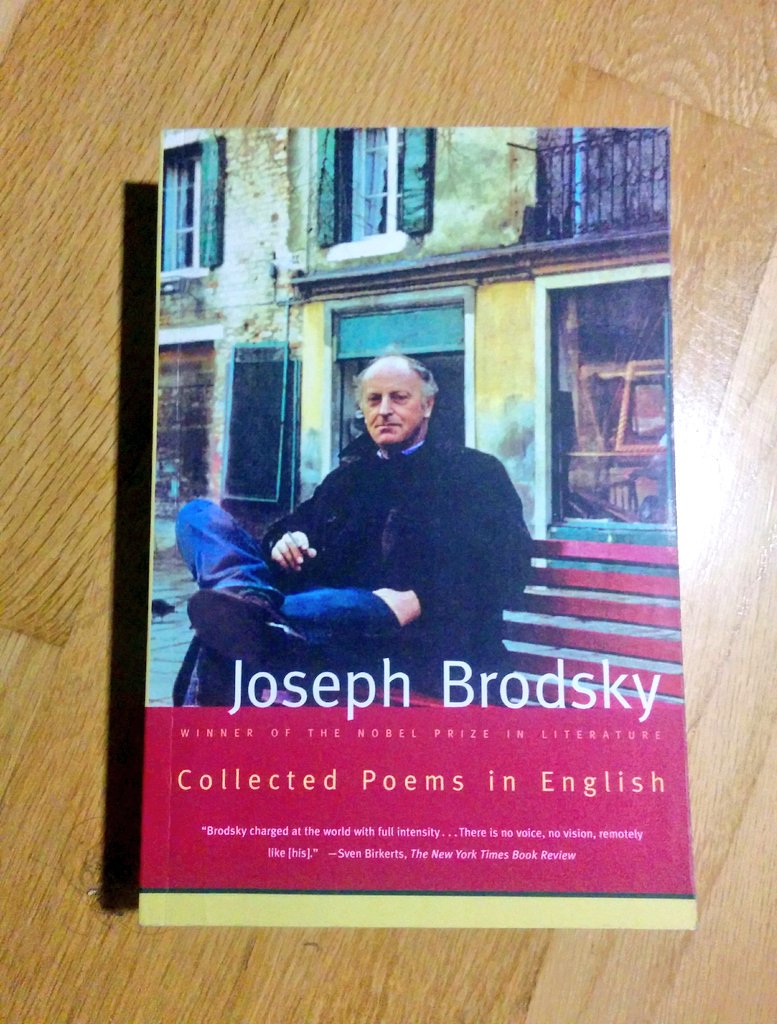
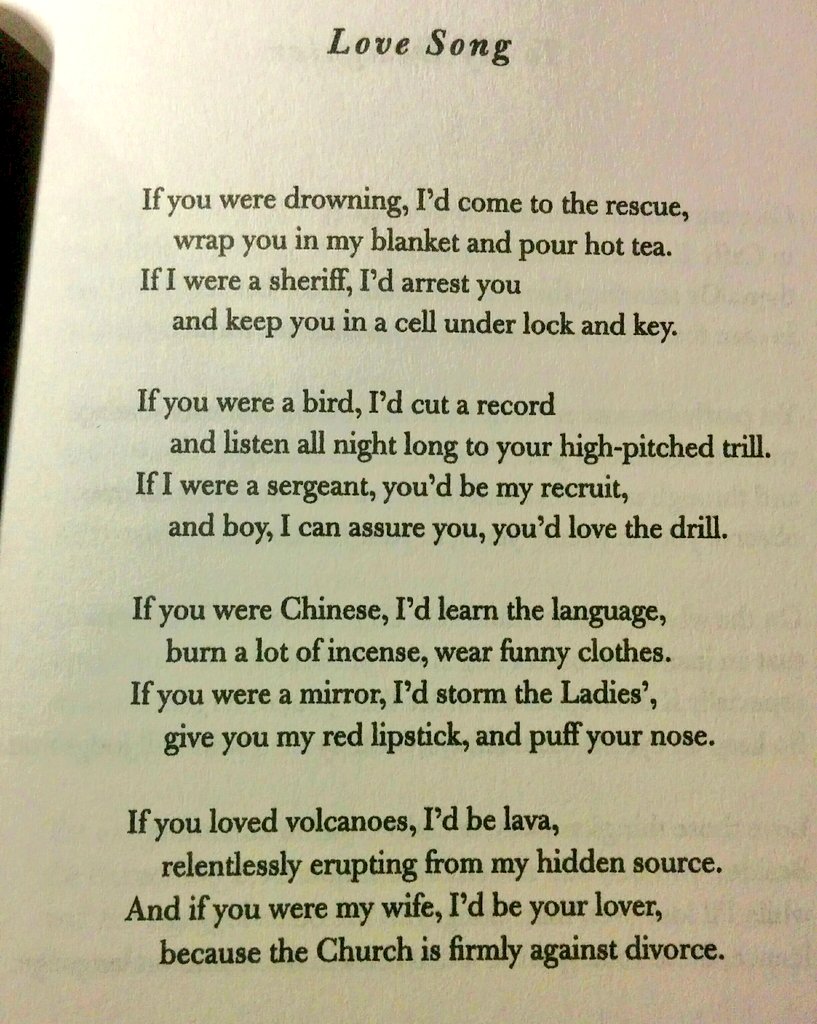
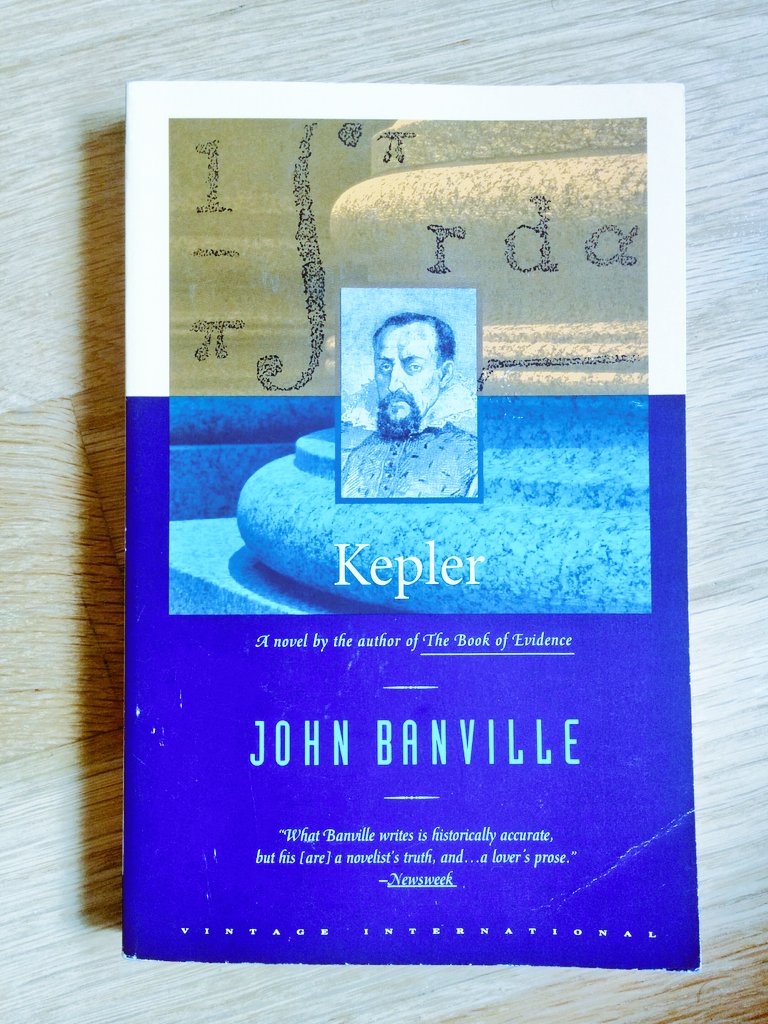
![43. Perhaps the best popular introduction to various forms of doubt- skepticism, disbelief, atheism, heresy, empiricism, anti-ritualism - across China, India, & West."After Buddha, it took 800 years for Arjuna [the Mahabharata, composed 200 BCE/CE] to get back on the chariot." 43. Perhaps the best popular introduction to various forms of doubt- skepticism, disbelief, atheism, heresy, empiricism, anti-ritualism - across China, India, & West."After Buddha, it took 800 years for Arjuna [the Mahabharata, composed 200 BCE/CE] to get back on the chariot."](https://pbs.twimg.com/media/DiJqcpbXkAAciz3.jpg)

![45. Nowadays, when I feel self-satisfied and think that some tasks are trivial and meaningless in the grand scheme of things, I think of this book & these lines in it.Siddhartha R. Iyer goes in search of a wise disciple of Siddhartha.[thx to @ArdraManasi who shared it] 45. Nowadays, when I feel self-satisfied and think that some tasks are trivial and meaningless in the grand scheme of things, I think of this book & these lines in it.Siddhartha R. Iyer goes in search of a wise disciple of Siddhartha.[thx to @ArdraManasi who shared it]](https://pbs.twimg.com/media/DiWTbh7XcAAZdi6.jpg)
![45. Nowadays, when I feel self-satisfied and think that some tasks are trivial and meaningless in the grand scheme of things, I think of this book & these lines in it.Siddhartha R. Iyer goes in search of a wise disciple of Siddhartha.[thx to @ArdraManasi who shared it] 45. Nowadays, when I feel self-satisfied and think that some tasks are trivial and meaningless in the grand scheme of things, I think of this book & these lines in it.Siddhartha R. Iyer goes in search of a wise disciple of Siddhartha.[thx to @ArdraManasi who shared it]](https://pbs.twimg.com/media/DiWTb_iW0AIAGXQ.jpg)
![45. Nowadays, when I feel self-satisfied and think that some tasks are trivial and meaningless in the grand scheme of things, I think of this book & these lines in it.Siddhartha R. Iyer goes in search of a wise disciple of Siddhartha.[thx to @ArdraManasi who shared it] 45. Nowadays, when I feel self-satisfied and think that some tasks are trivial and meaningless in the grand scheme of things, I think of this book & these lines in it.Siddhartha R. Iyer goes in search of a wise disciple of Siddhartha.[thx to @ArdraManasi who shared it]](https://pbs.twimg.com/media/DiWTcXFXUAQzpuV.jpg)

